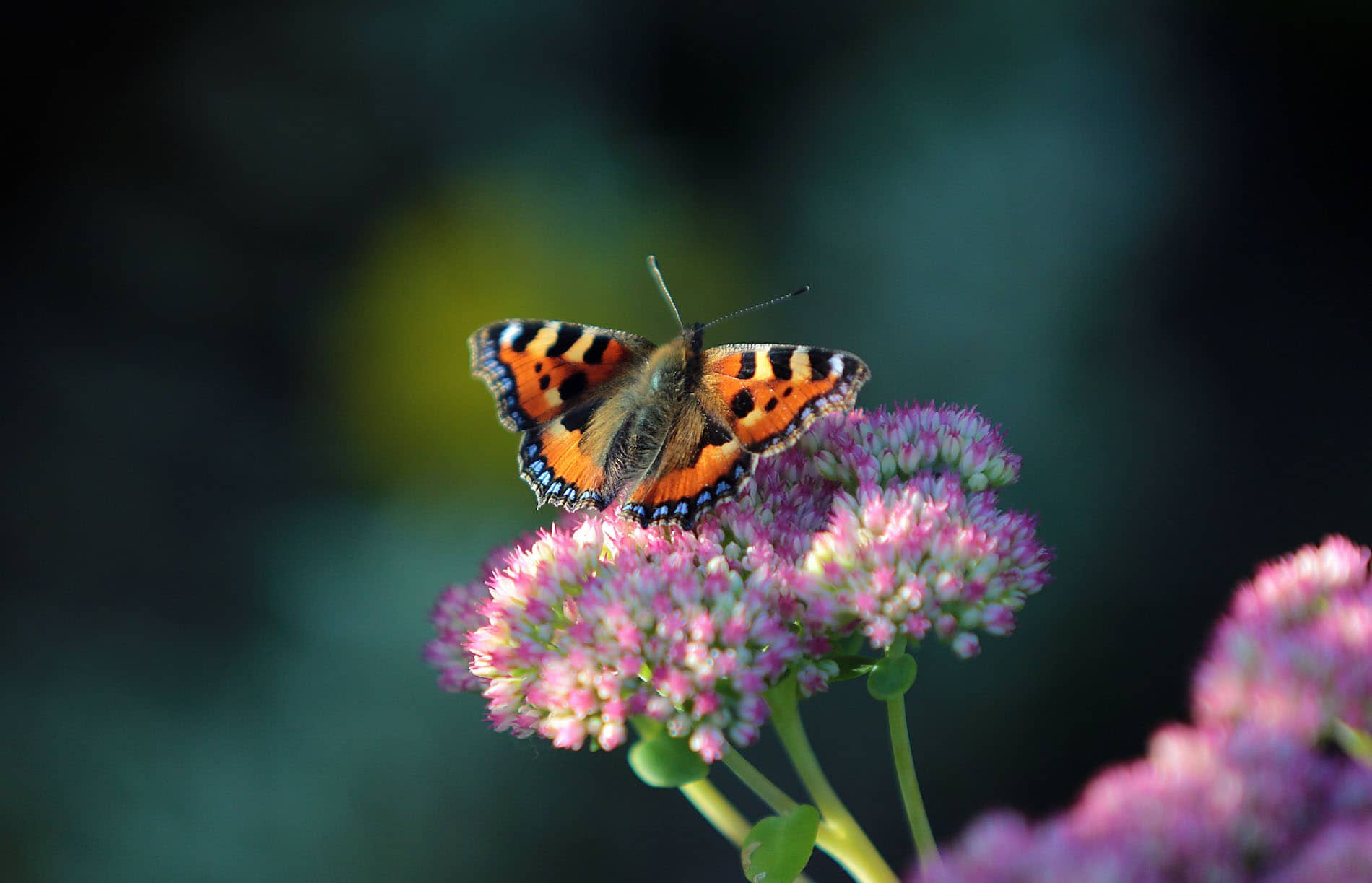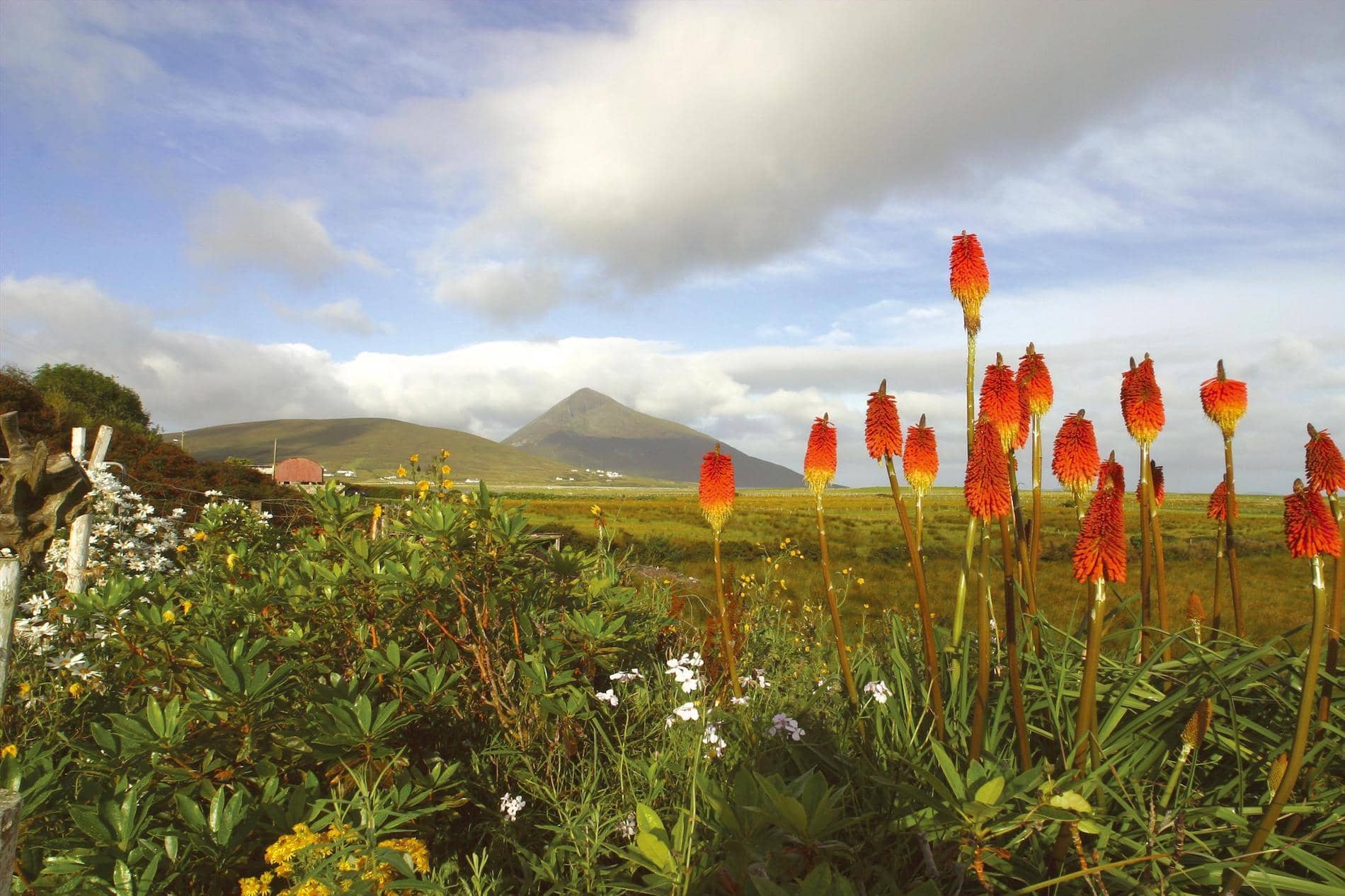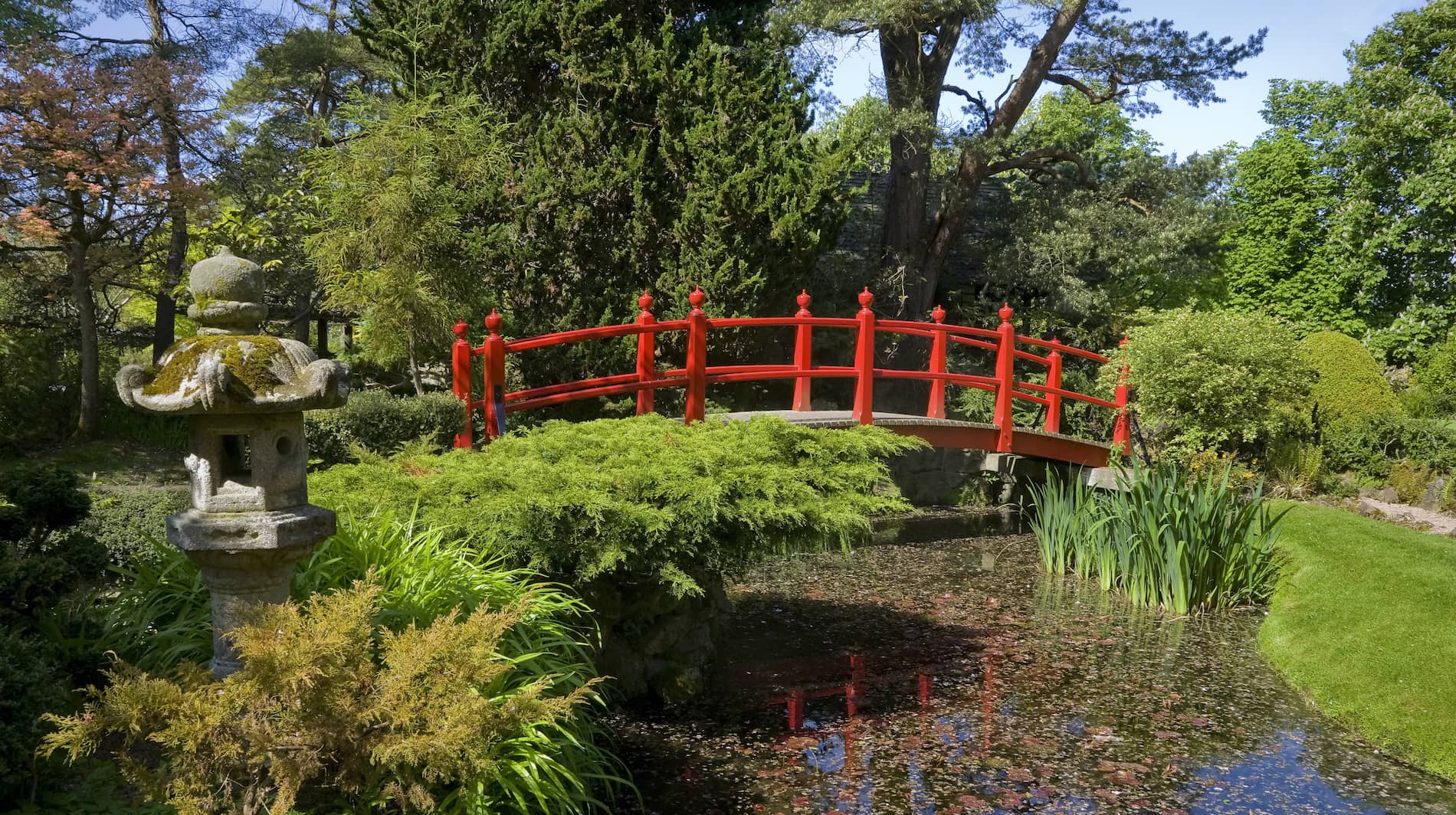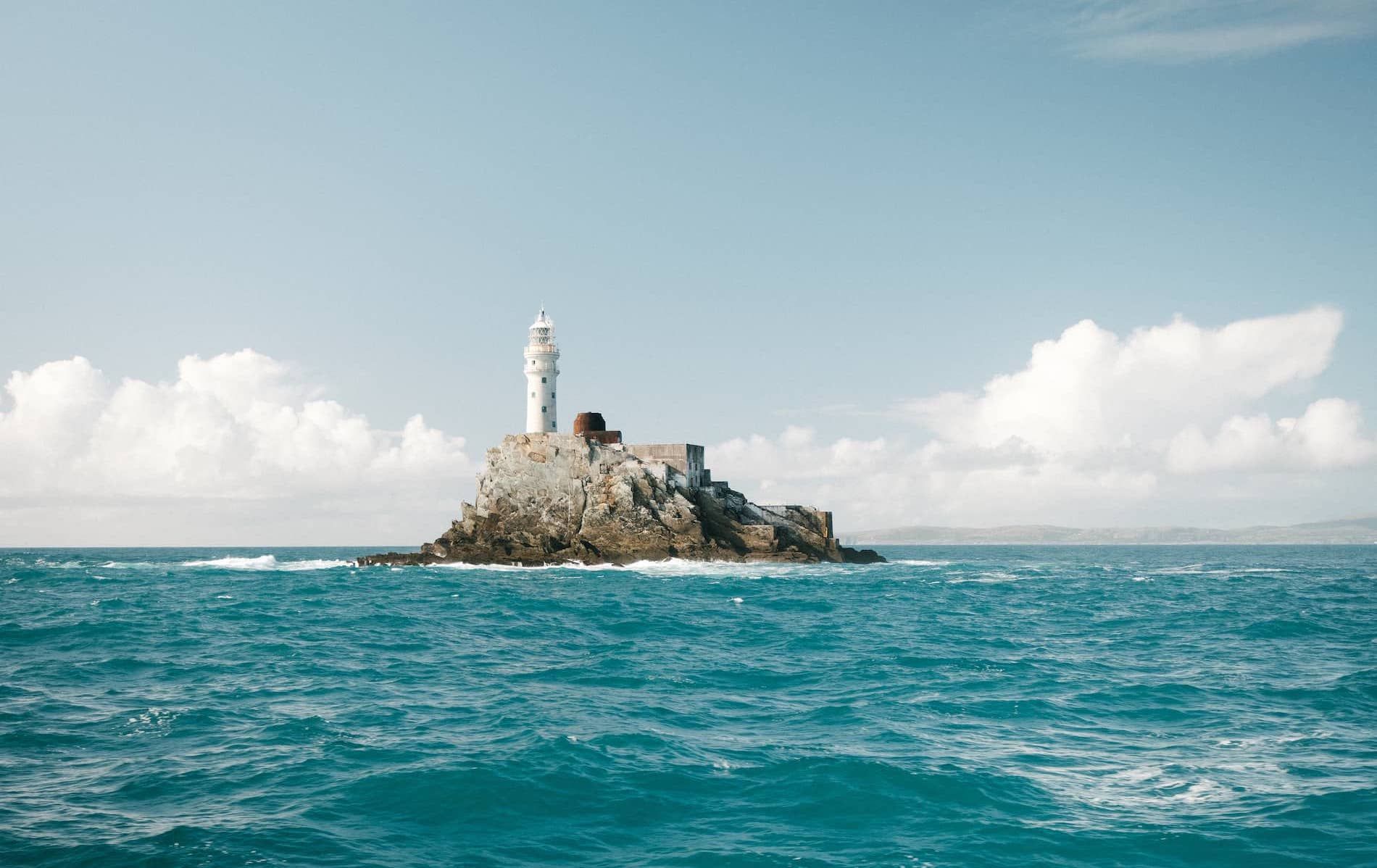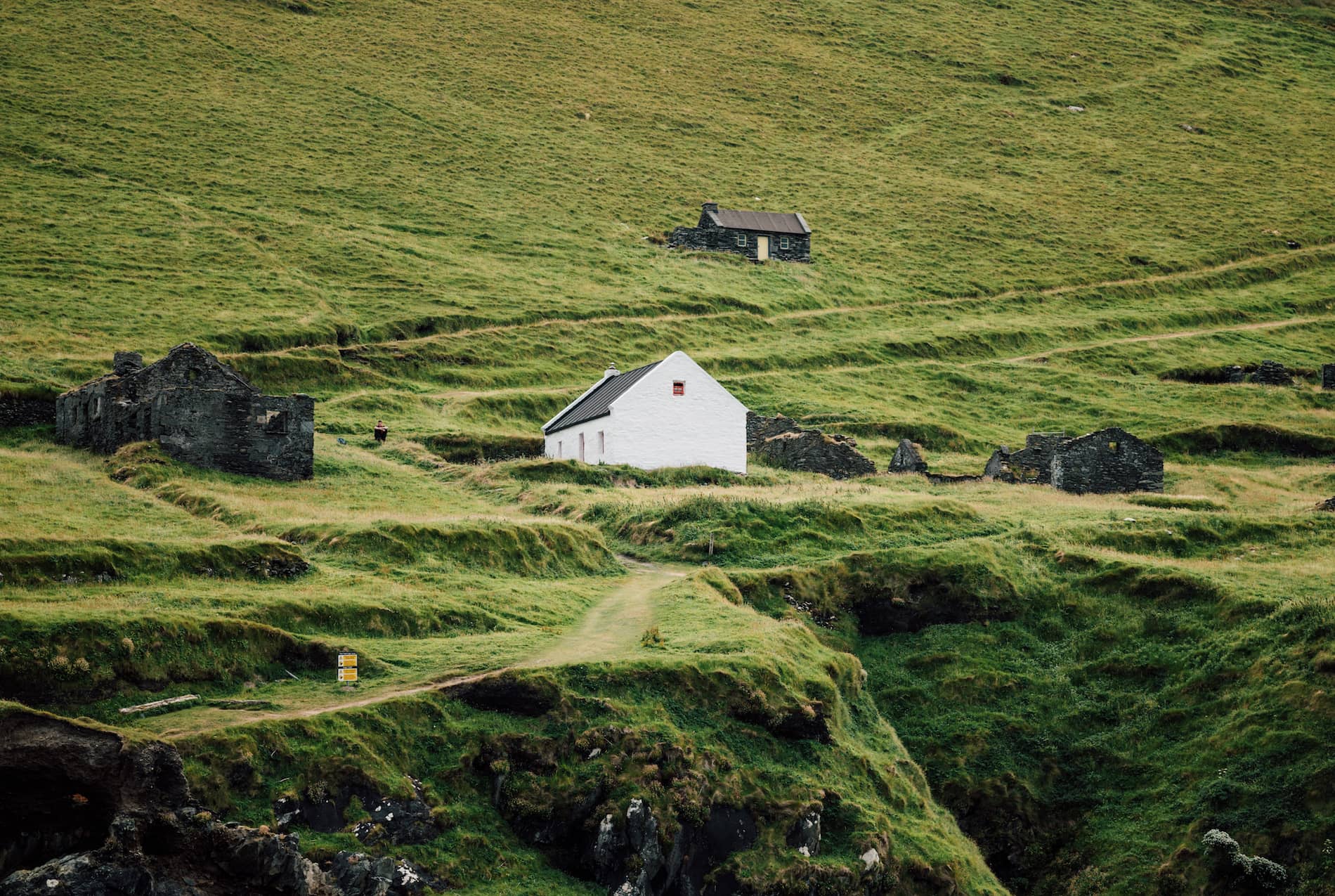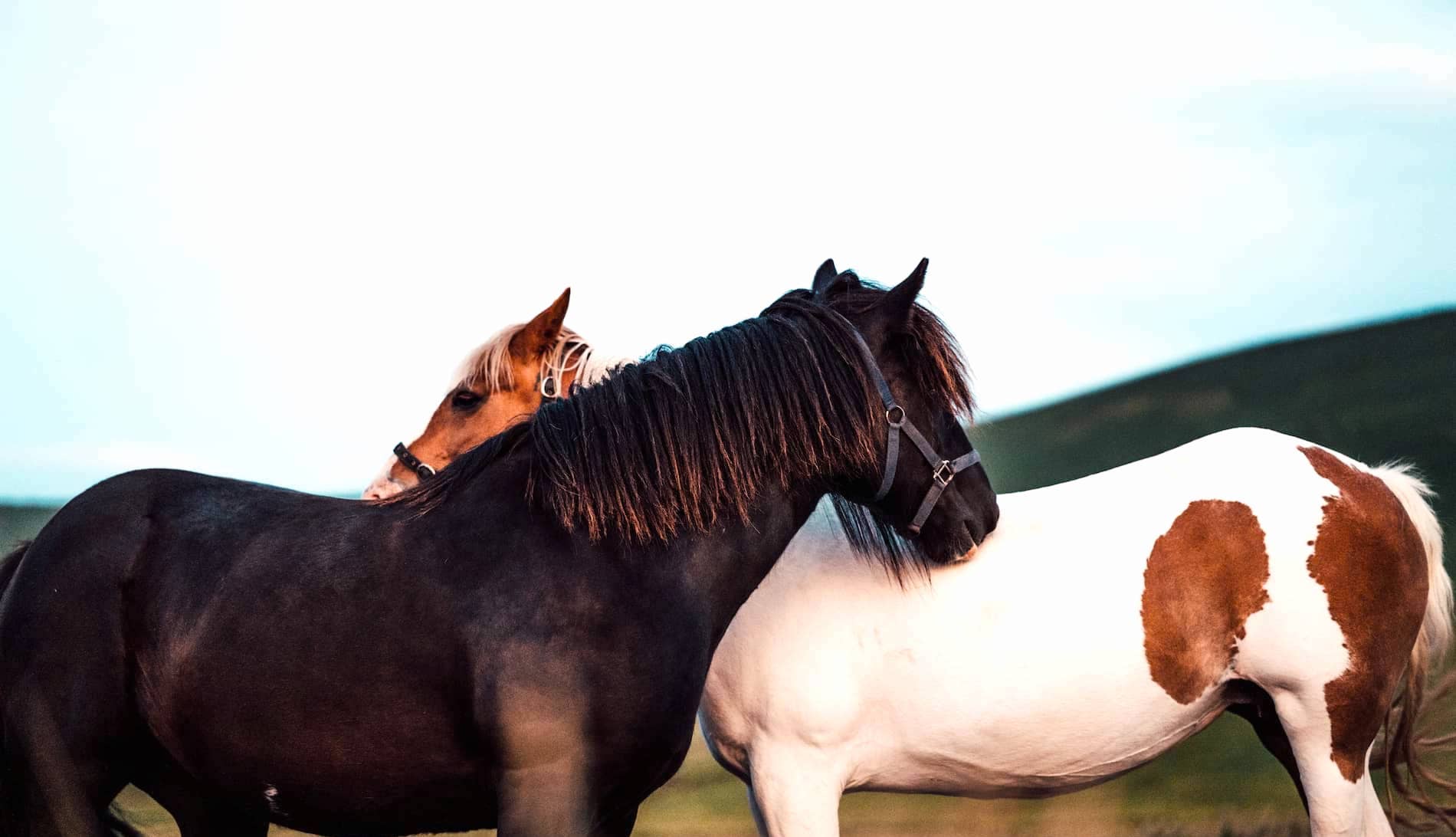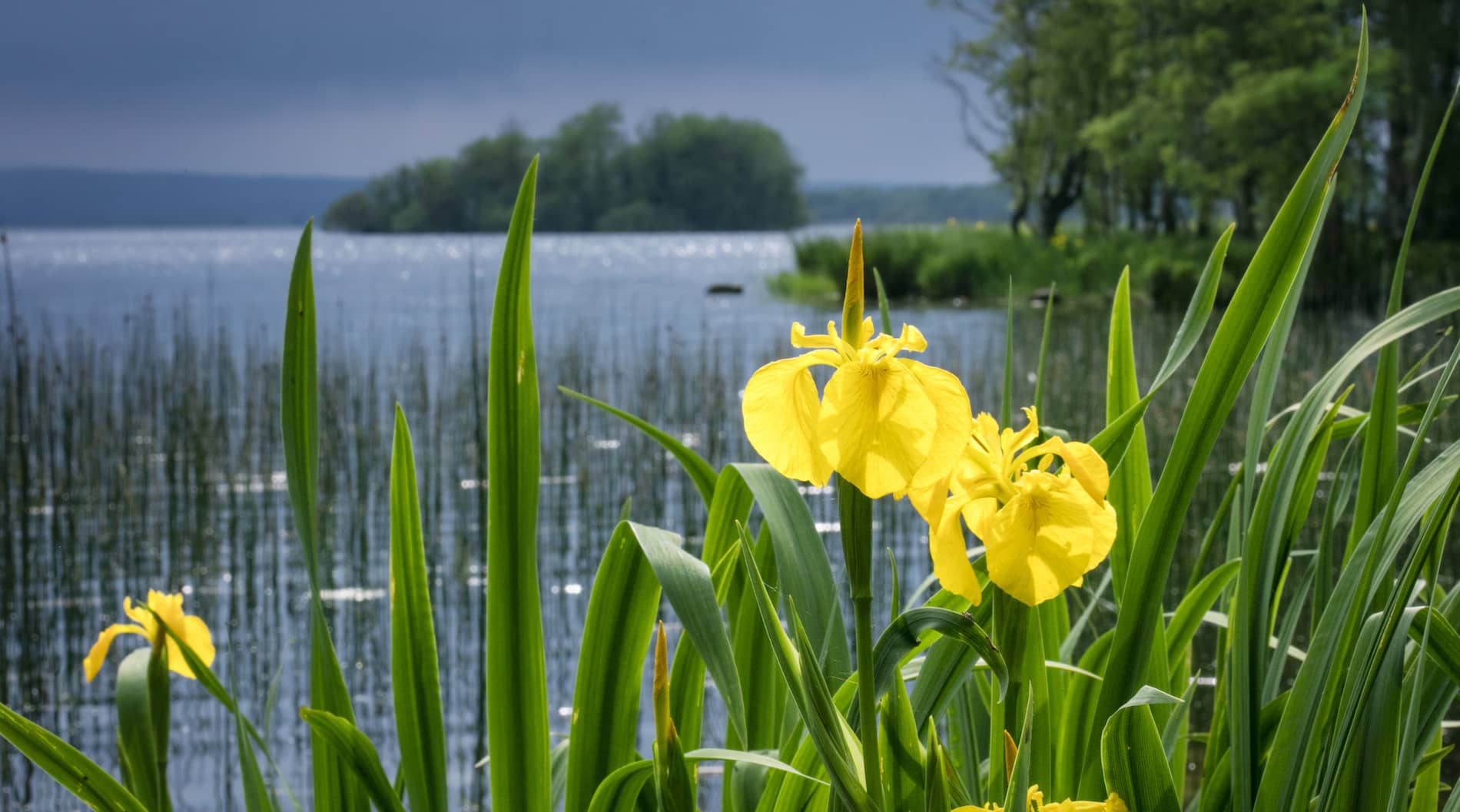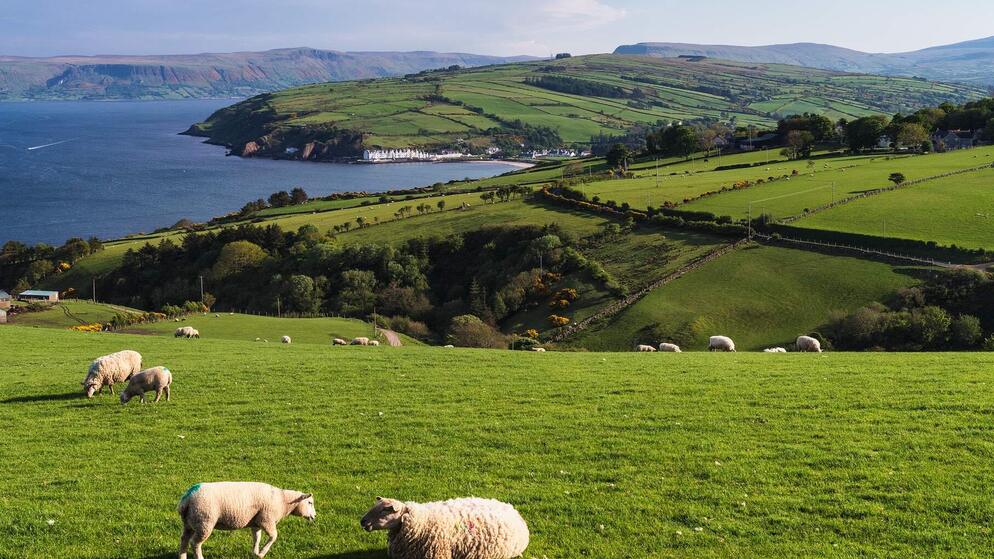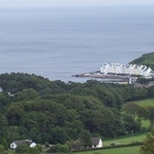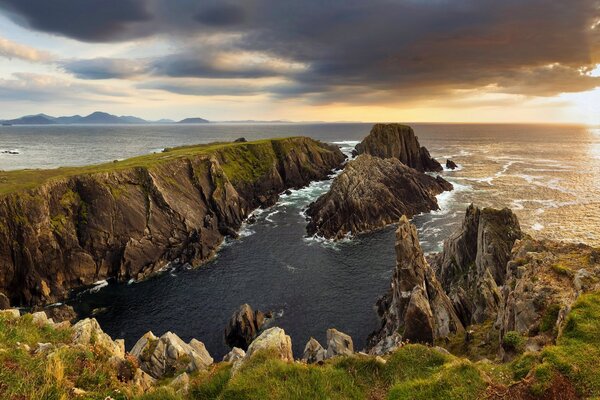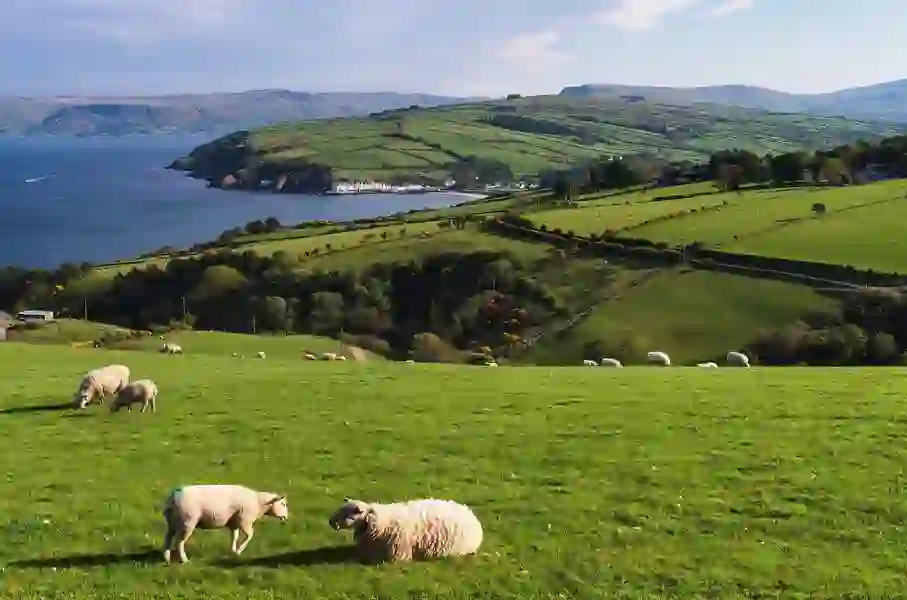
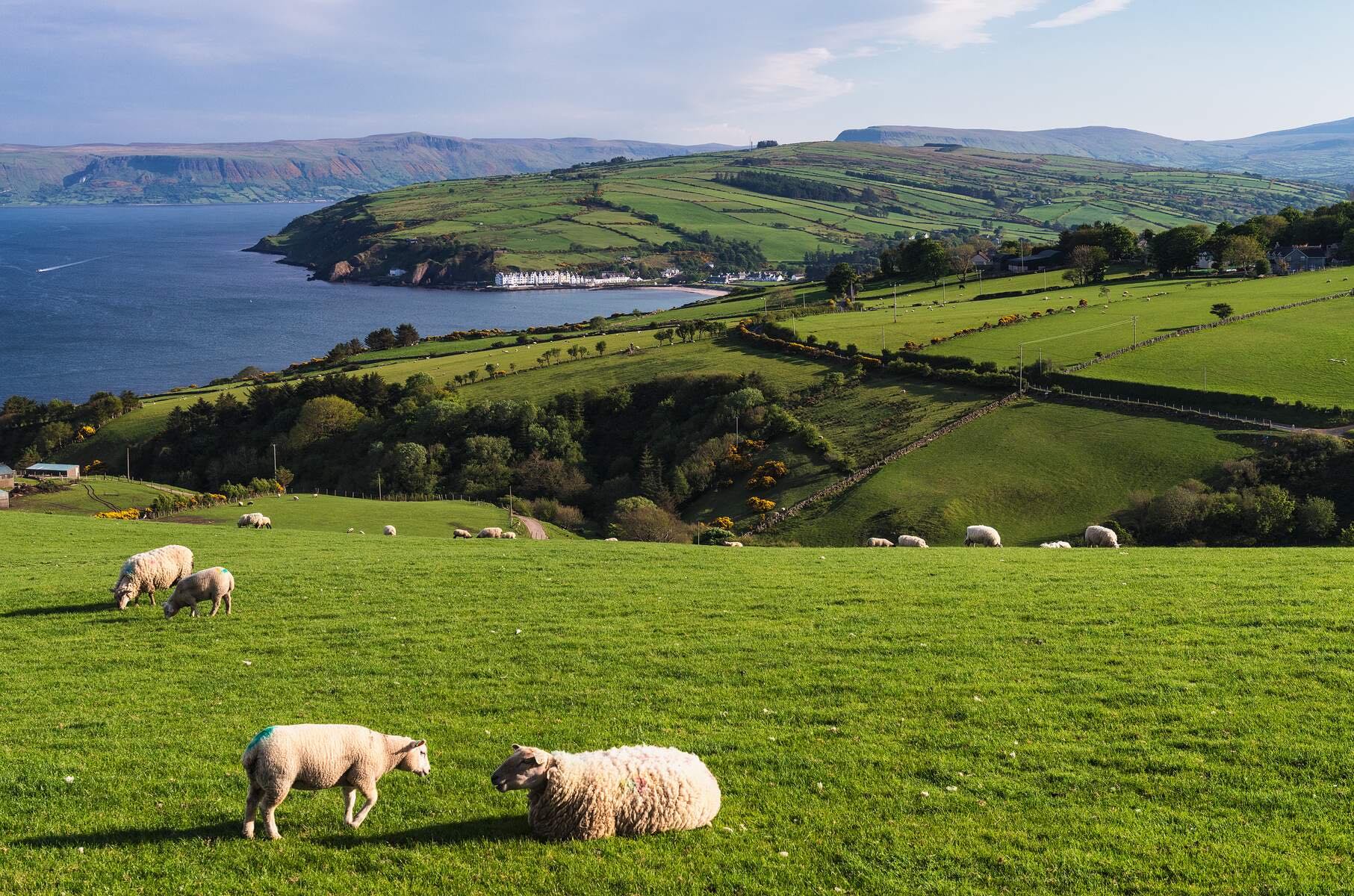
Ireland's northern coast by public transport

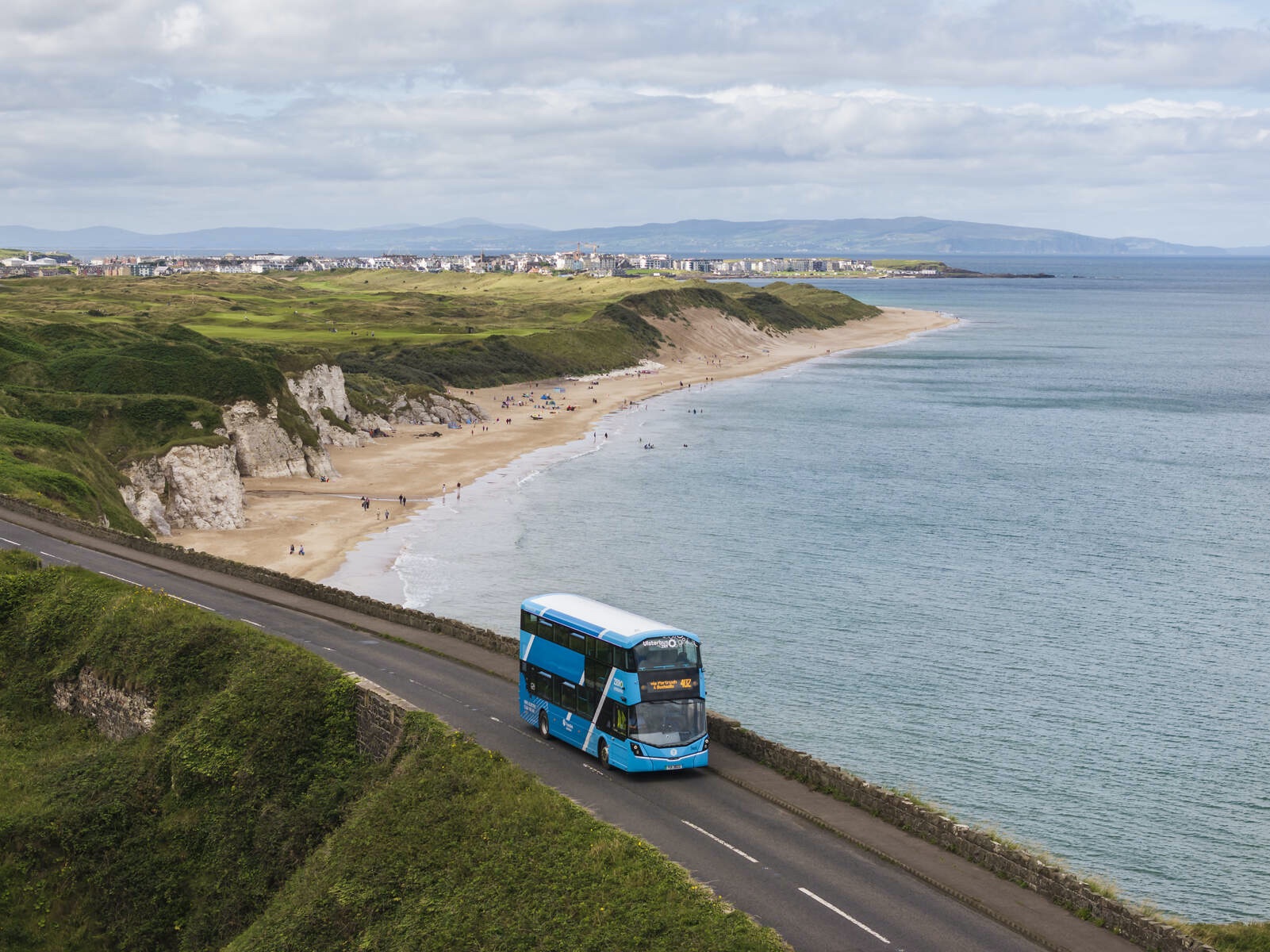

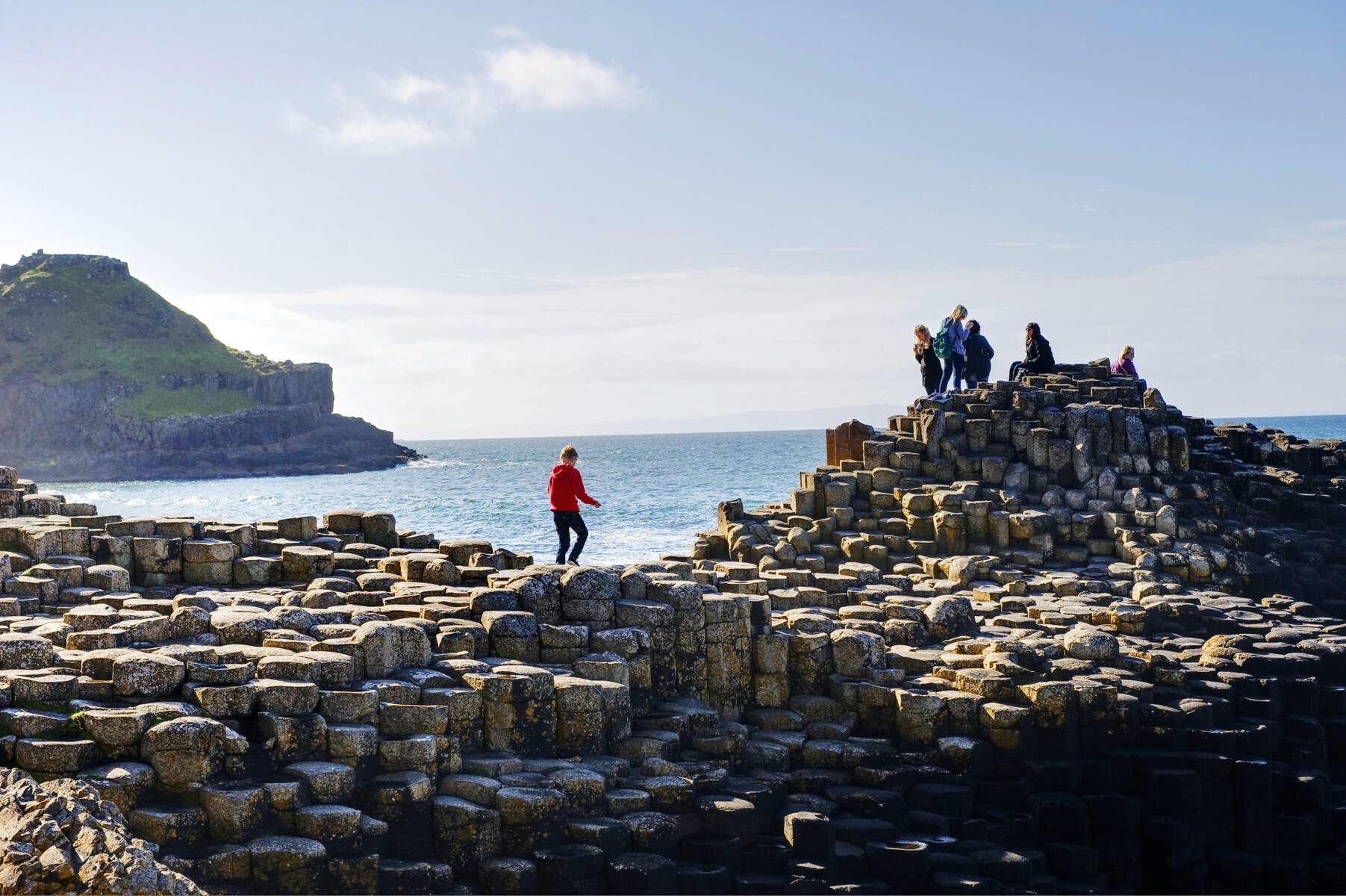

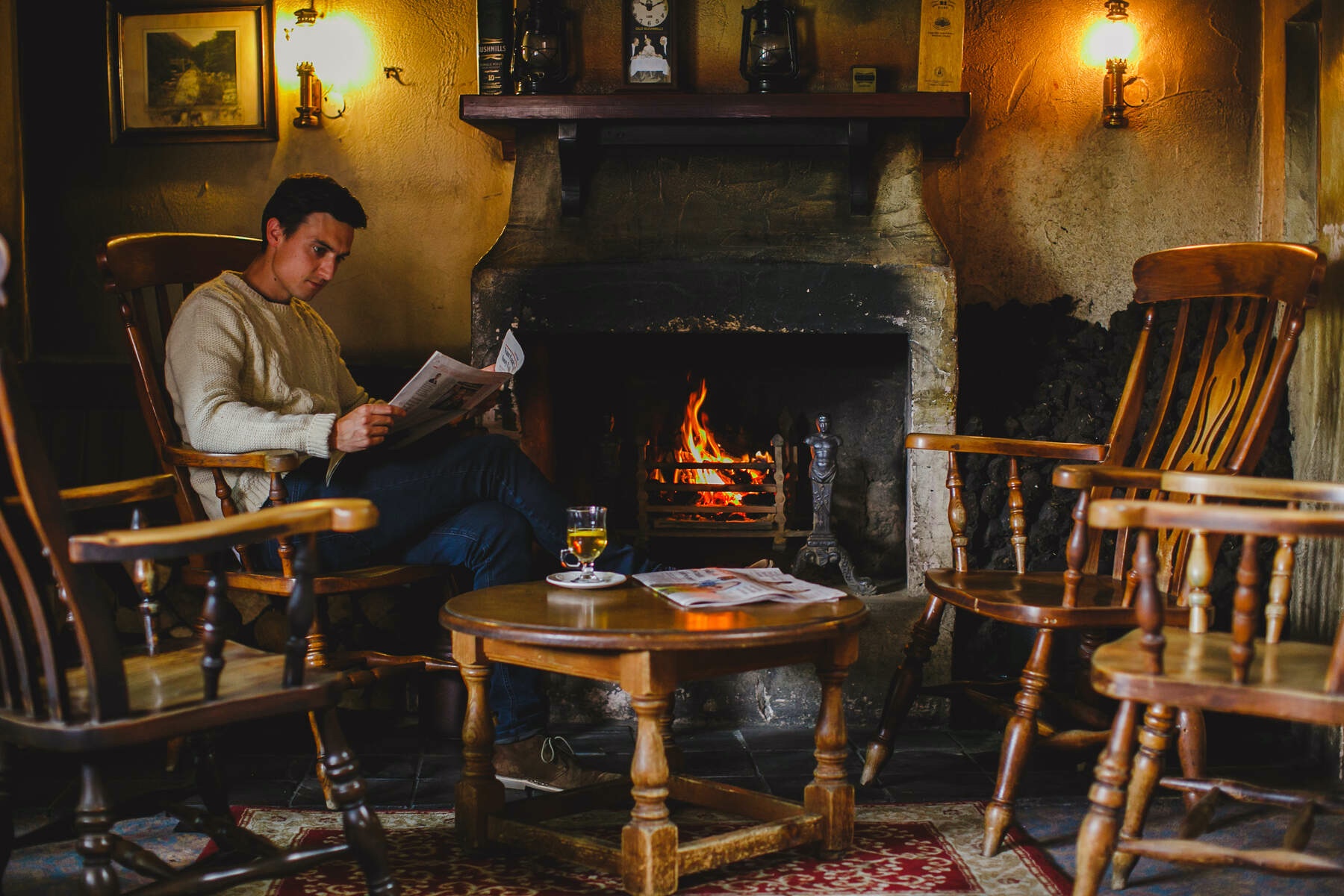
The best way to travel from Antrim to Sligo? By public transport. Take the slow road, enjoy the view and opt for stress-free buses and trains as you explore this spectacular coastline
In just six days, you’ll see historic castles, walk amongst the startlingly beautiful geology of the Giant’s Causeway and take the boat out to some of the highest accessible sea cliffs in Europe. Prepare yourself, it’s gonna be a good one…

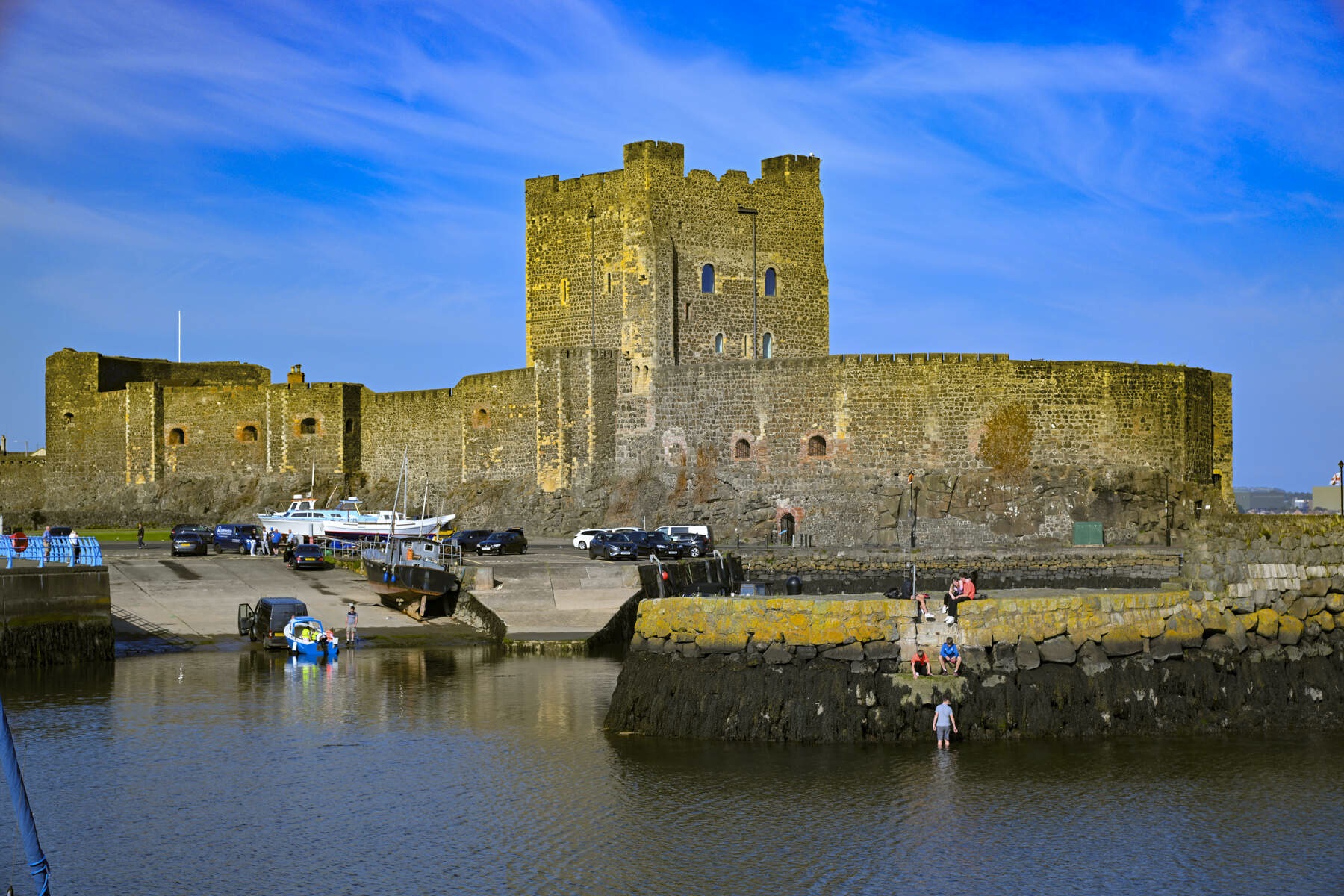
Day 1
Envelop yourself in medieval history at a waterside castle, embark on a cliff-edge adventure and relax in a luxurious historic hotel.
Explore Day 1Carrickfergus
Carrickfergus Castle, County Antrim

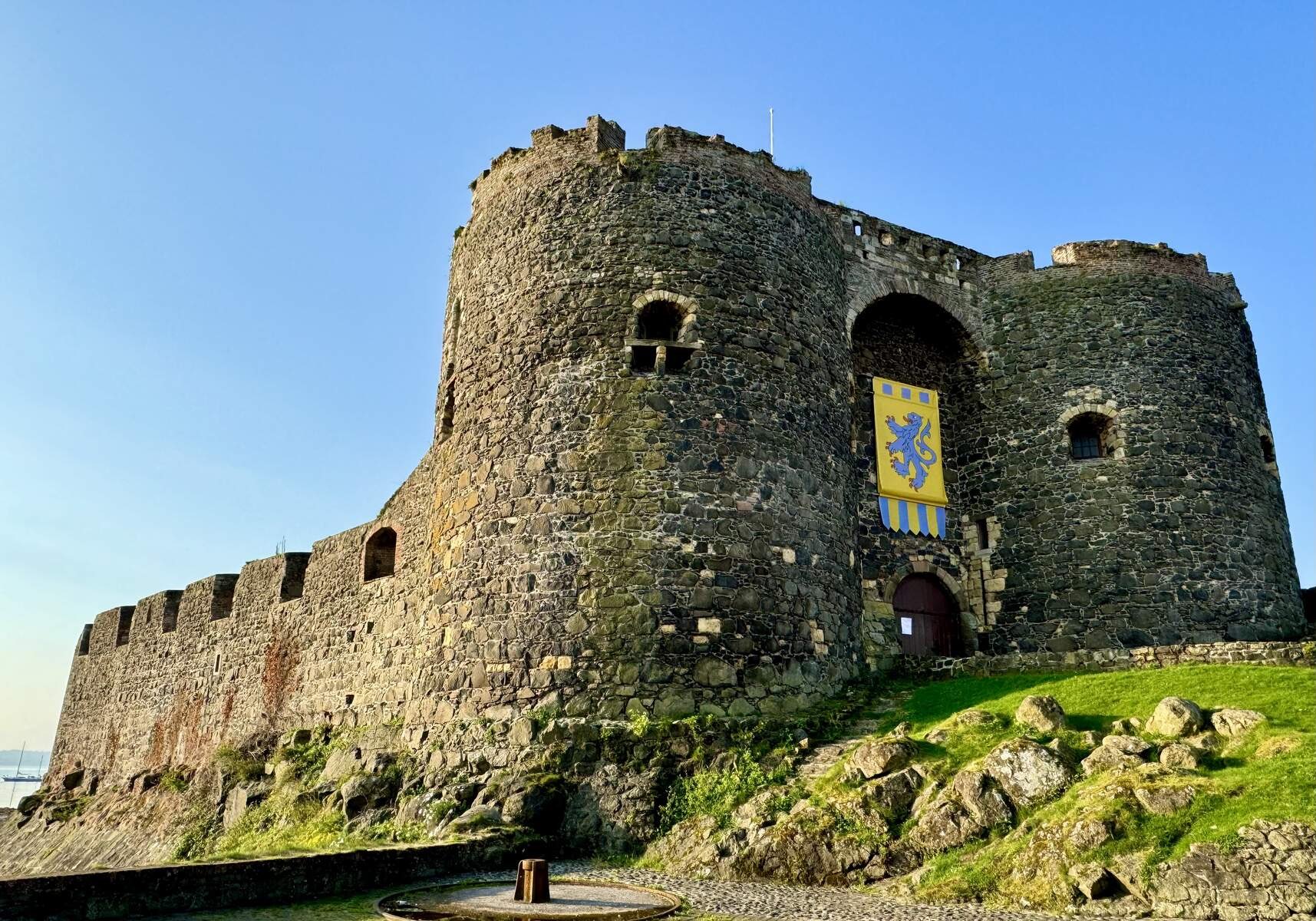
Perched on a rocky promontory, overlooking the steely blue waters of Belfast Lough, Carrickfergus Castle stands as one of the best-preserved medieval castles on the island of Ireland. Walk inside its imposing gate, and you’ll be surrounded by 800 years of history, with fascinating tales of sieges, battles and even a resident ghost or two. Carrickfergus’s origins as an inhabited town date back to the Anglo-Norman era around the 12th century, and it was a strategic and economically important centre of power.
To learn more about the town’s past, pop into the Carrickfergus Museum and Civic Centre; it’s a small but interesting museum with displays from medieval to modern times. Take a break at the Dancing Goat Café – this award-winning social enterprise is perfect for coffee, tea, sweet treats and sandwiches. It’s about a five-minute walk from here to Downshire station where you can catch the train to Ballycarry.
Carrickfergus to The Gobbins
The Gobbins, County Antrim

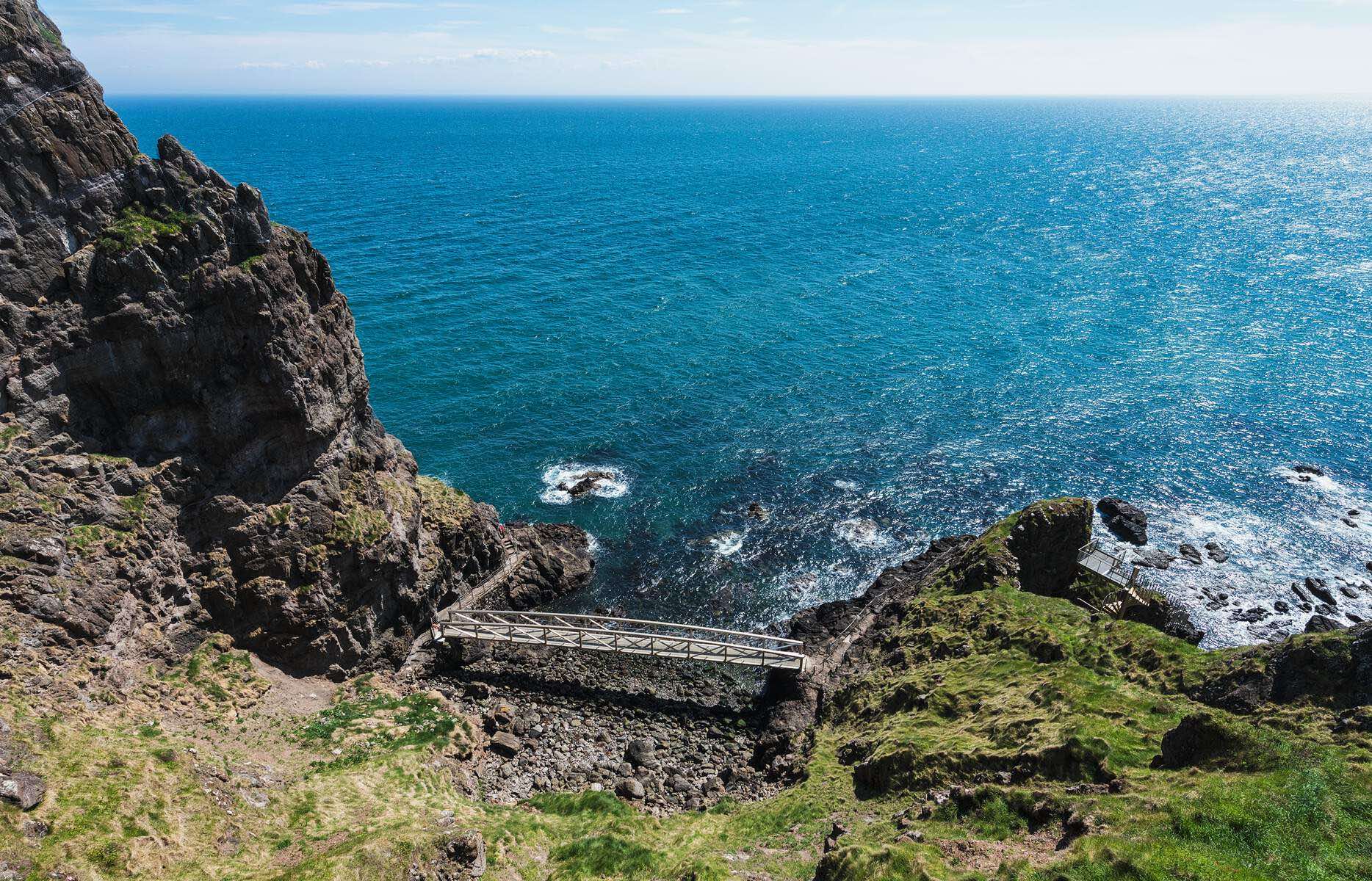
Ballycarry Train Station is a 20-minute walk from The Gobbins Visitors Centre and the route has a small footpath and is signposted most of the way. Once you arrive, you’re in for a treat! Wrapped around sea cliffs, The Gobbins is the only guided adventure walk of its kind in Europe. Don a hard hat and embrace your sense of adventure as you prepare to enjoy astonishing coastal views, sunken caves, crashing waves and, if you’re lucky, some wildlife. The experience is a total blast. Afterward, cosy up with a coffee, cake or a cup of hot chocolate in the café.
The Gobbins to Larne
Ballygally Castle, County Antrim

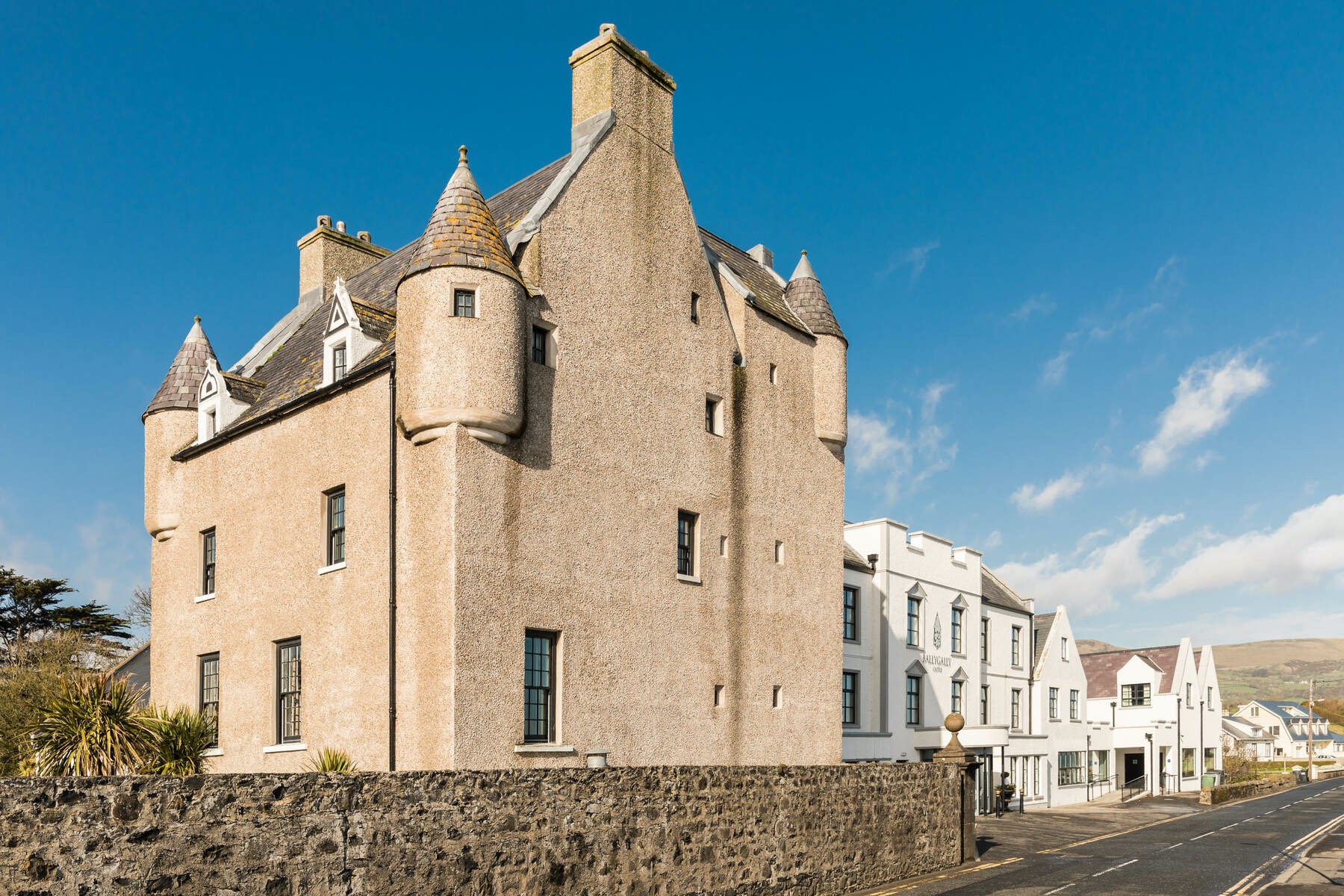
After your visit to The Gobbins, walk the 20 minutes back to Ballycarry and take the train to Larne town, the first town on the scenic Antrim Coast Road. If you have time or you’re up for an interesting detour, you can catch the bus from here to the enchanting village of Glenarm and visit Glenarm Castle, one of the most beautiful castle estates on the island of Ireland.
Otherwise, check into the luxurious Ballygally Castle Hotel. Built in 1625, the hotel is packed with history and boasts a lounge with an open fireplace, wonderful sea views and super-cosy rooms.

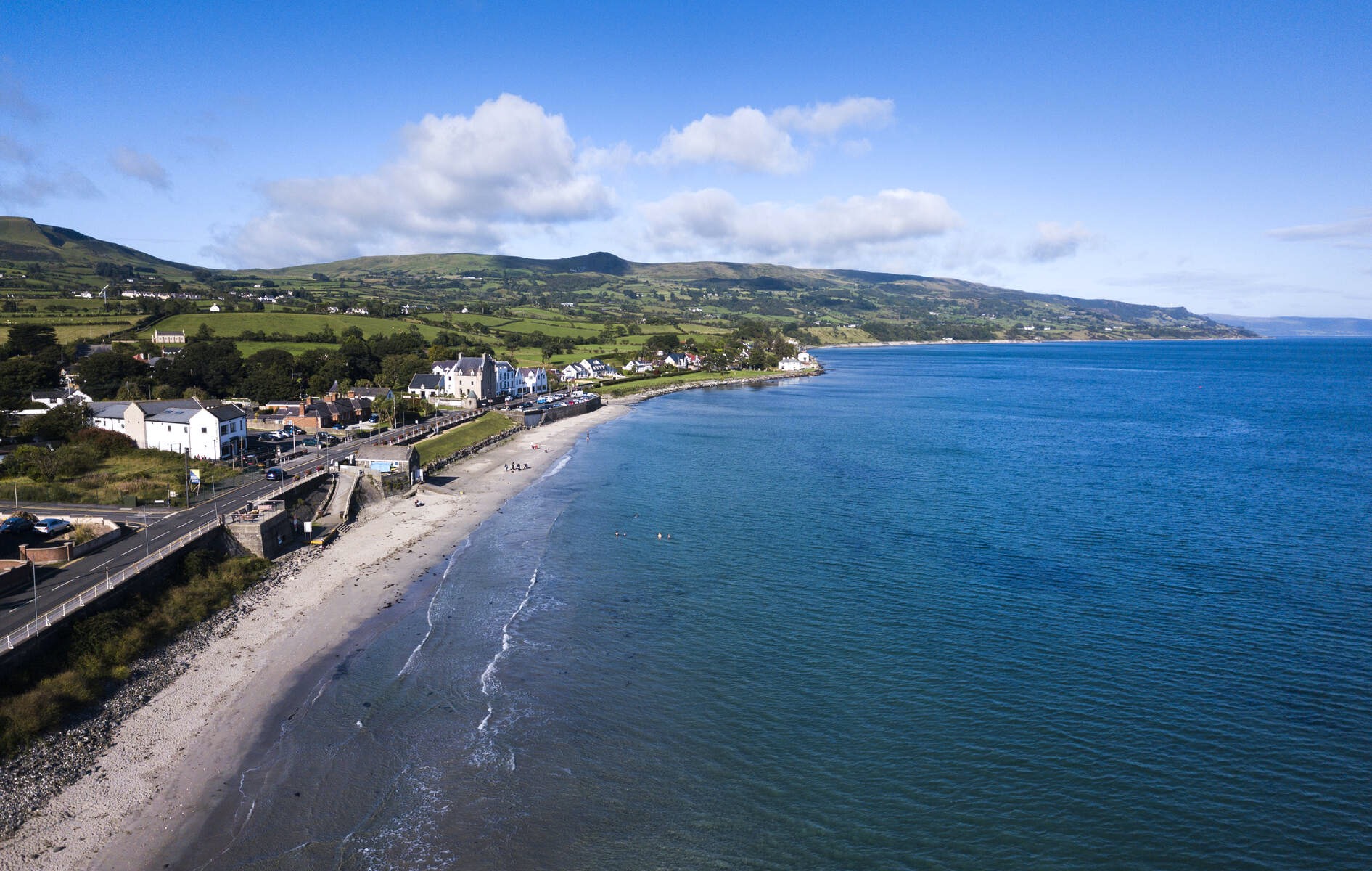
Day 2
From coastal beauty to the Glens of Antrim, it’s all about scenic landscapes and charming little villages on day two of your trip.
Explore Day 2Larne to Cushendun
Cushendun, County Antrim

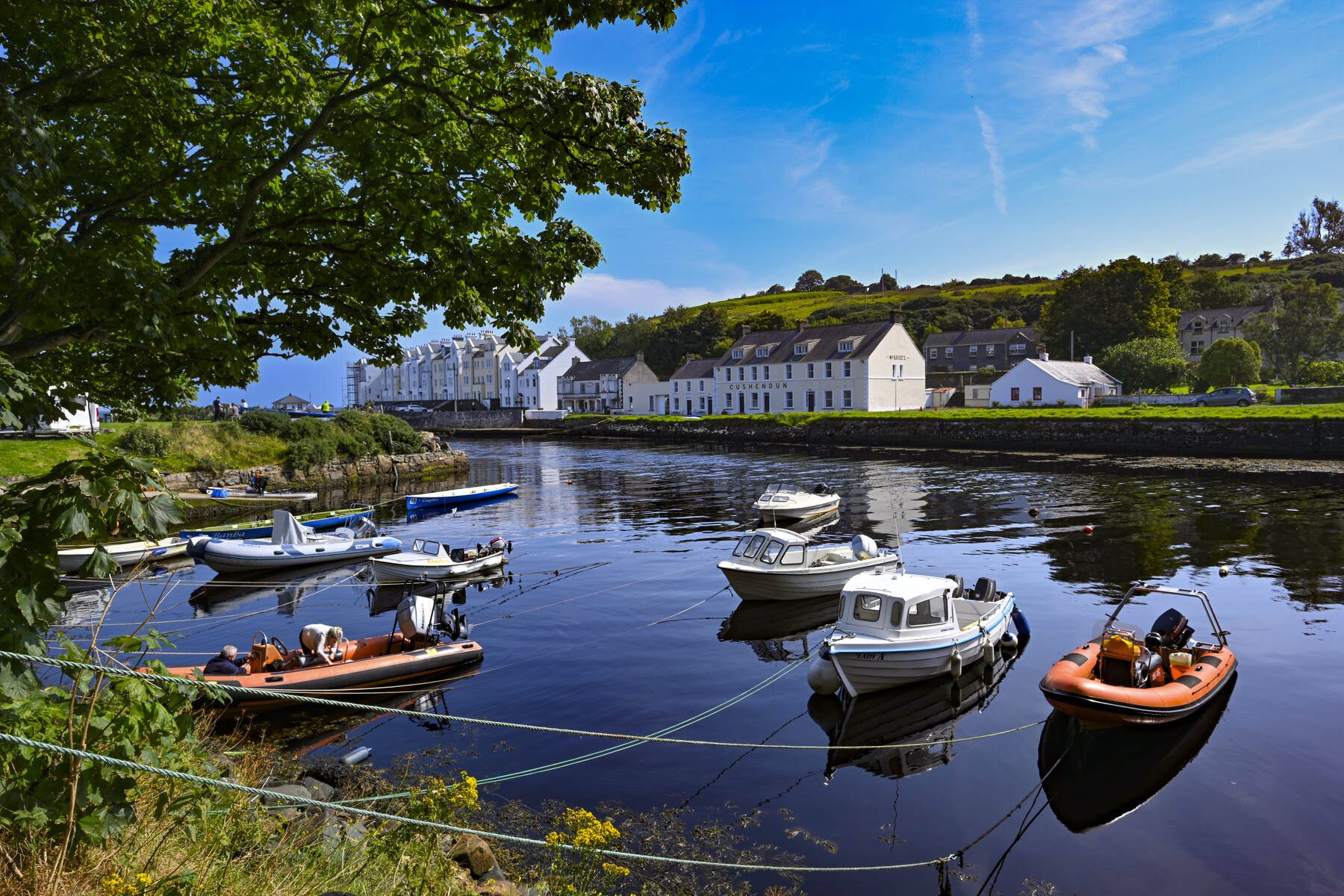
In Larne, take the 130 bus towards Ballymena and alight at Ballymena Bus Station where you can take the number 150 bus to Cushendun. The entire journey should take around two hours. Cushendun is a stunning National Trust village on the edge of the Causeway Coast and is surrounded by the glorious Glens of Antrim. It’s full of character and charm, with a lovely beach, an elegant row of distinctive black and white houses, and the super-enjoyable Mary McBride’s pub – a landmark in its own right.
Fans of Game of Thrones® should check out the Cushendun Caves, located near the southern end of the beach as they were used as a filming location for the hit TV show. If you’d like to stay longer, Cushendun makes a good base from which to explore the delightful Glens of Antrim or nearby Tollymore Forest Park.
Cushendun to Bushmills
The Bushmills Inn, County Antrim

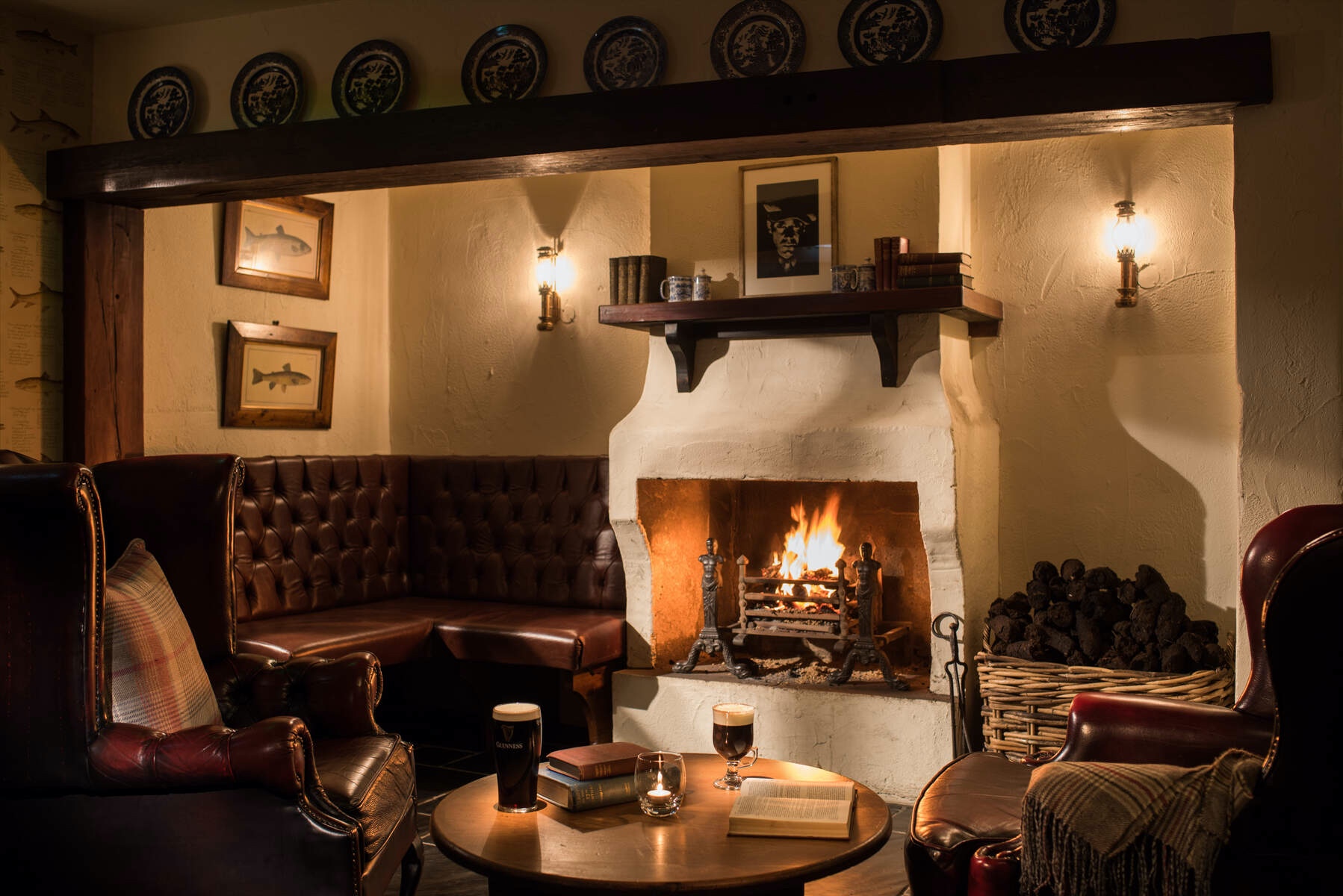
From Cushendun, hop on the 162a bus to Marine Corner in Ballycastle, where you can change and take the 402 bus to Bushmills. The journey time should be about an hour to an hour and 20 minutes. Bushmills is a delightful heritage village, which takes its name from the River Bush that flows scenically through it. This very river helps power the production of Bushmills’s most famous product – whiskey.
Drop into the Old Bushmills Distillery and join a tour to discover more than 400 years of distilling history. After that, relax and prepare for an enjoyable night at The Bushmills Inn. This superb hotel does everything right – outstanding service, great rooms, a public area full of cosy snugs and nooks, a gas-lit traditional pub and restaurant that uses local ingredients to create culinary magic.

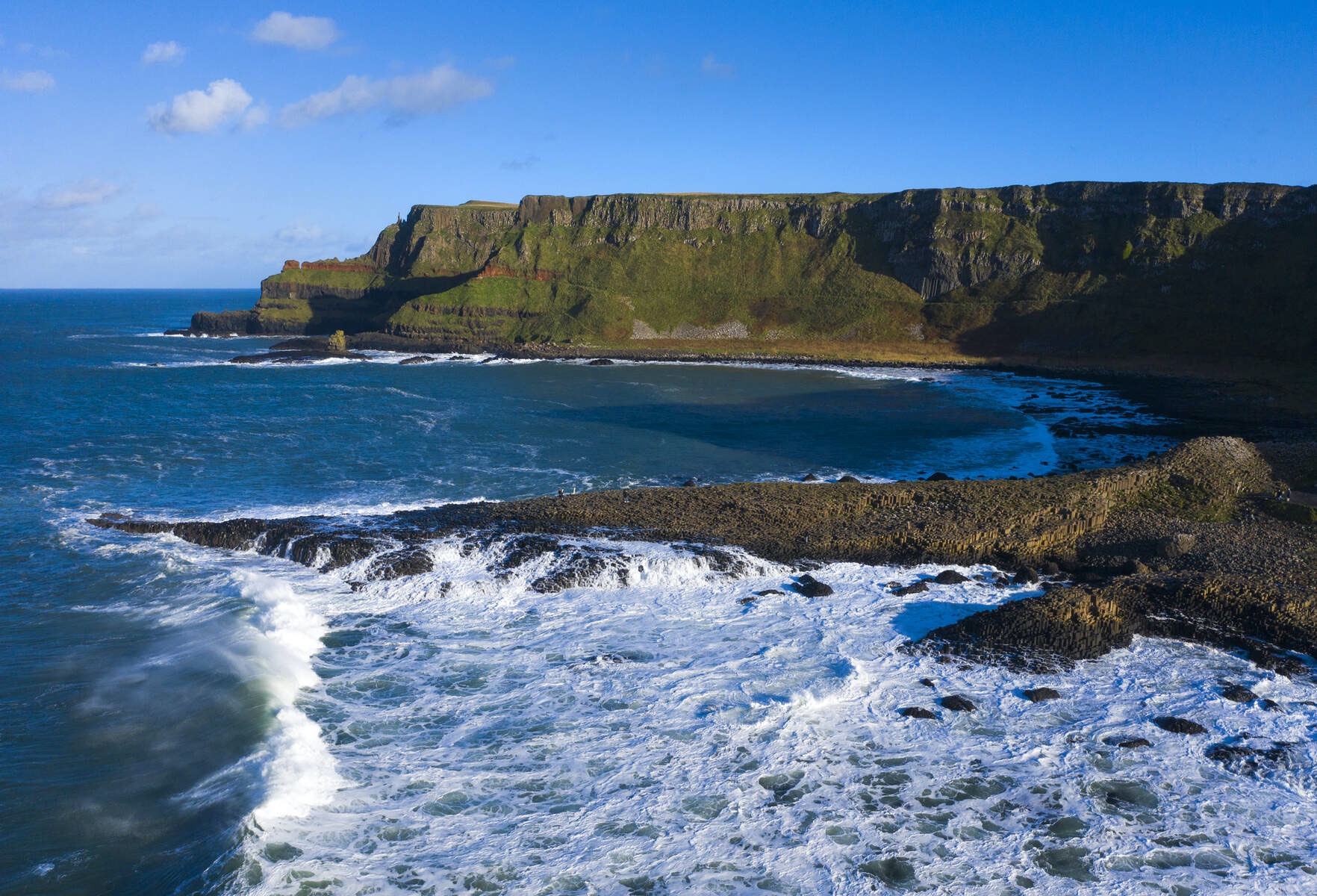
Day 3
Prepare for an epic day as you visit a UNESCO World Heritage Site and feast in one of the north coast’s best seafood restaurants.
Explore Day 3Bushmills to the Giant’s Causeway
Giant's Causeway, County Antrim

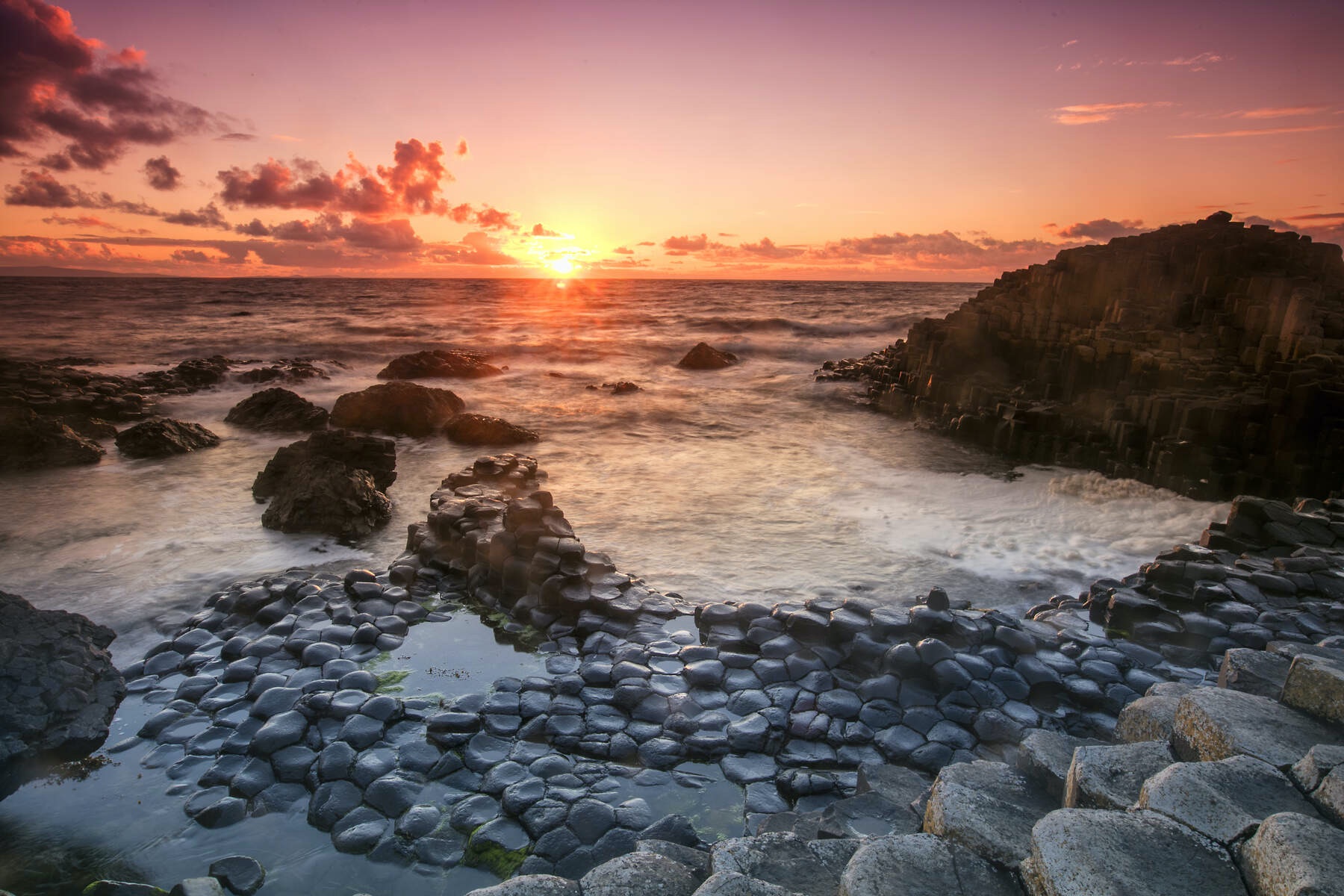
The early bird catches the worm so get up early to make the most of the day with a morning visit to the Giant’s Causeway. It’s around five minutes by bus (take the 402 bus in the direction of Ballycastle) from the Bushmills War Memorial to the entrance. Step into the Giant’s Causeway Visitor Centre first to discover the myths and legends behind this remarkable 60-million-year-old UNESCO World Heritage Site.
An enjoyable walk of around a kilometre will bring you down to the Causeway, where you can hop over the stones, explore the surrounding hills, or sit and contemplate the puzzling geology that has led to one of Europe’s most exceptional natural sites. The curious assembly of 40,000 basalt columns, formed by molten lava cooled into mostly flawless hexagonal columns of varying height, appear so perfectly artificial it is no surprise that the rock formation has spanned such enduring tales about its creation.
Giant’s Causeway to Coleraine
River Bann, County Antrim

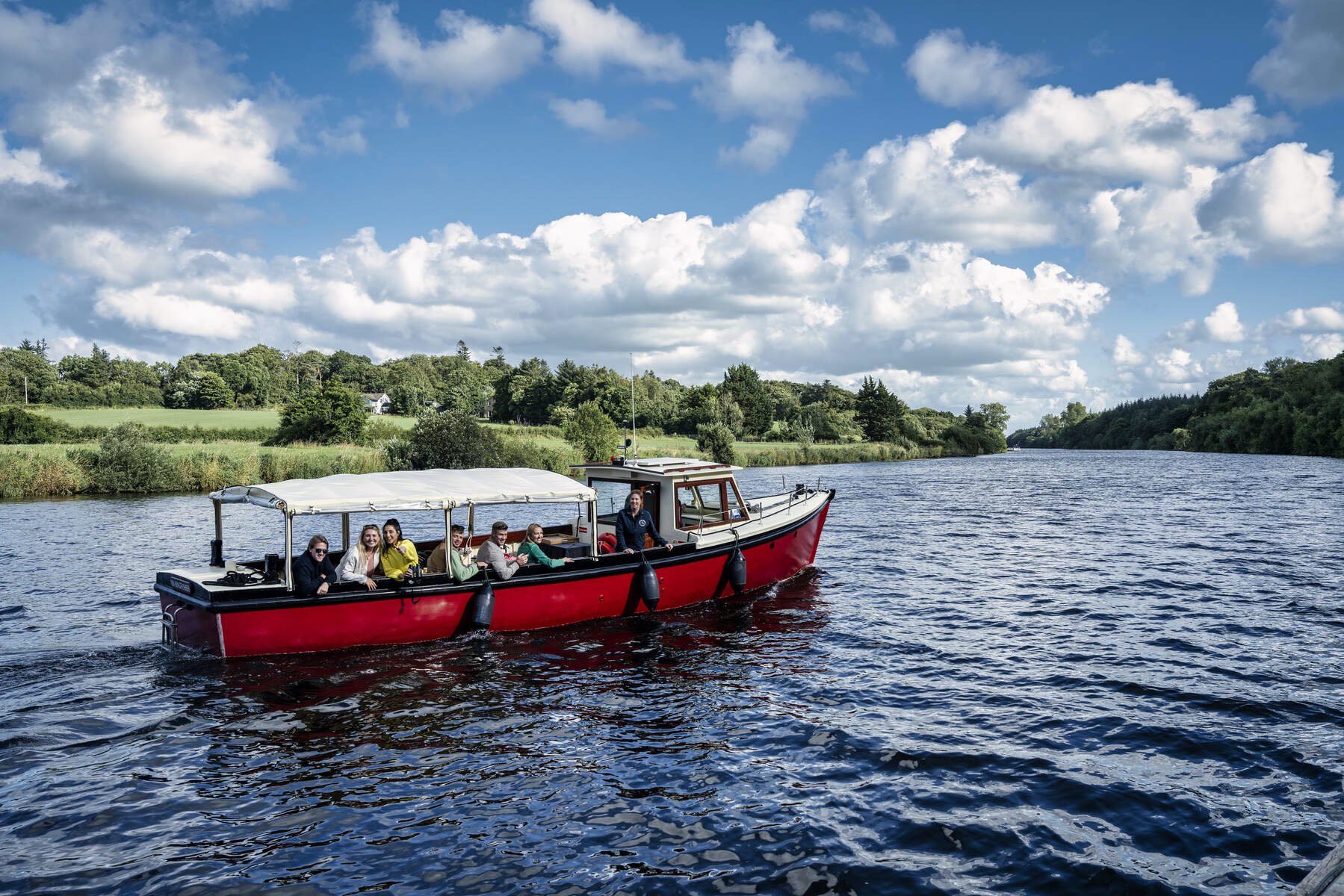
Take the bus back to Bushmills and enjoy a lunch at the Bushmills Townhouse. Several buses connect Bushmills and Coleraine; the 402 bus from the Bushmills War Memorial is one of the most frequent and takes around 25 minutes. Coleraine is a lively town with the earliest known human settlement on the island of Ireland at Mountsandel Woods, a mysterious forest next to the gushing River Bann. Walking the forest paths out to the grass-covered slopes of Mountsandel Fort, it’s hard not to feel the past on your shoulders and it makes an enjoyable and atmospheric place to visit.
If you’re looking for a more adrenaline-fuelled experience, join Best of the Bann River Experience with White Water Charters, which will take you up and down this quiet, under-the-radar river. Afterwards, treat yourself to dinner at one of the area’s finest seafood restaurants, Lir Seafood, where you can relax and enjoy a fabulous tasting menu.

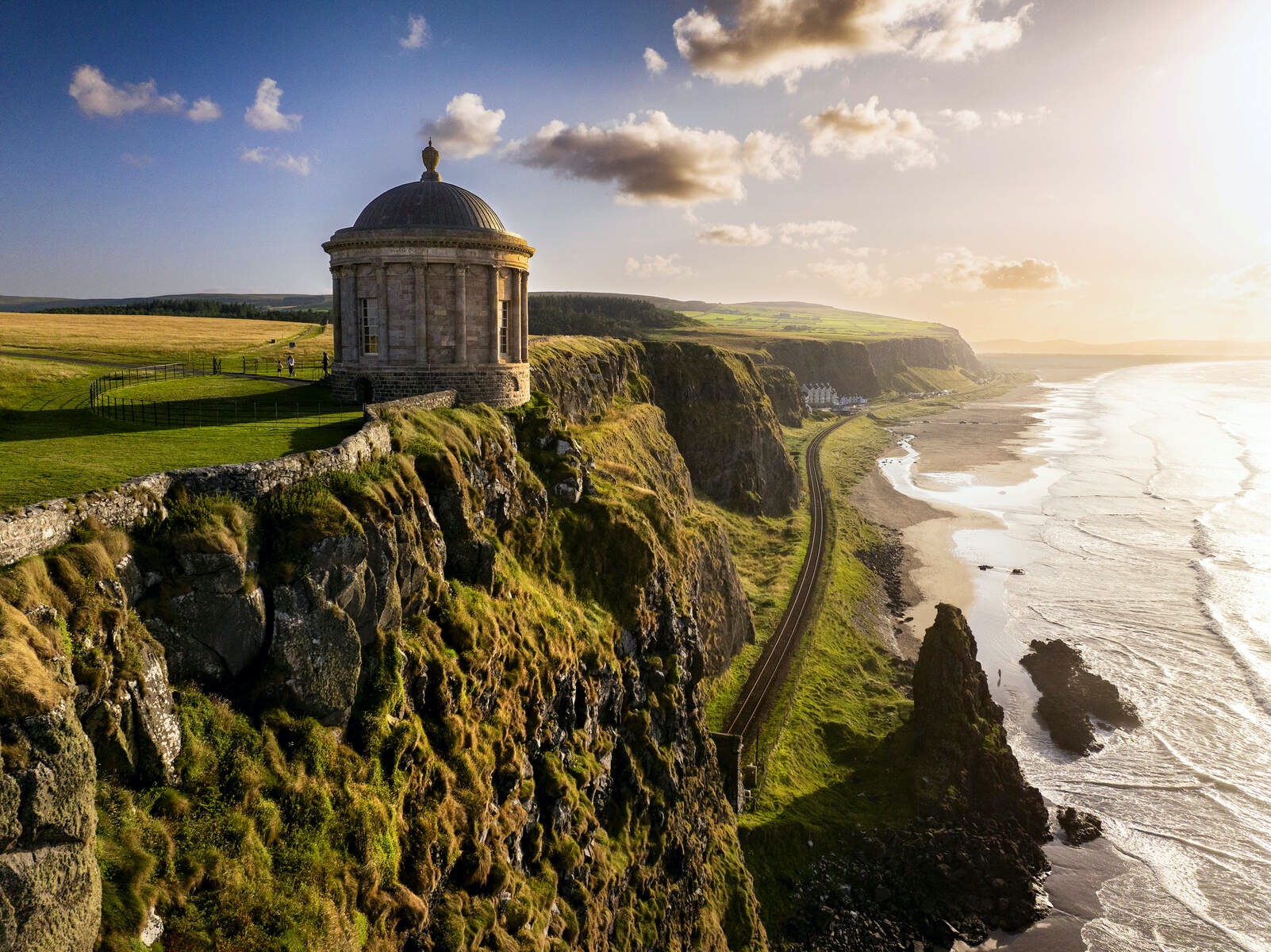
Day 4
Journey from the charming town of Coleraine to historic Derry~Londonderry, where the famous 400-year-old city walls await.
Explore Day 4Coleraine to Derry~Londonderry
Downhill, Coleraine, County Londonderry

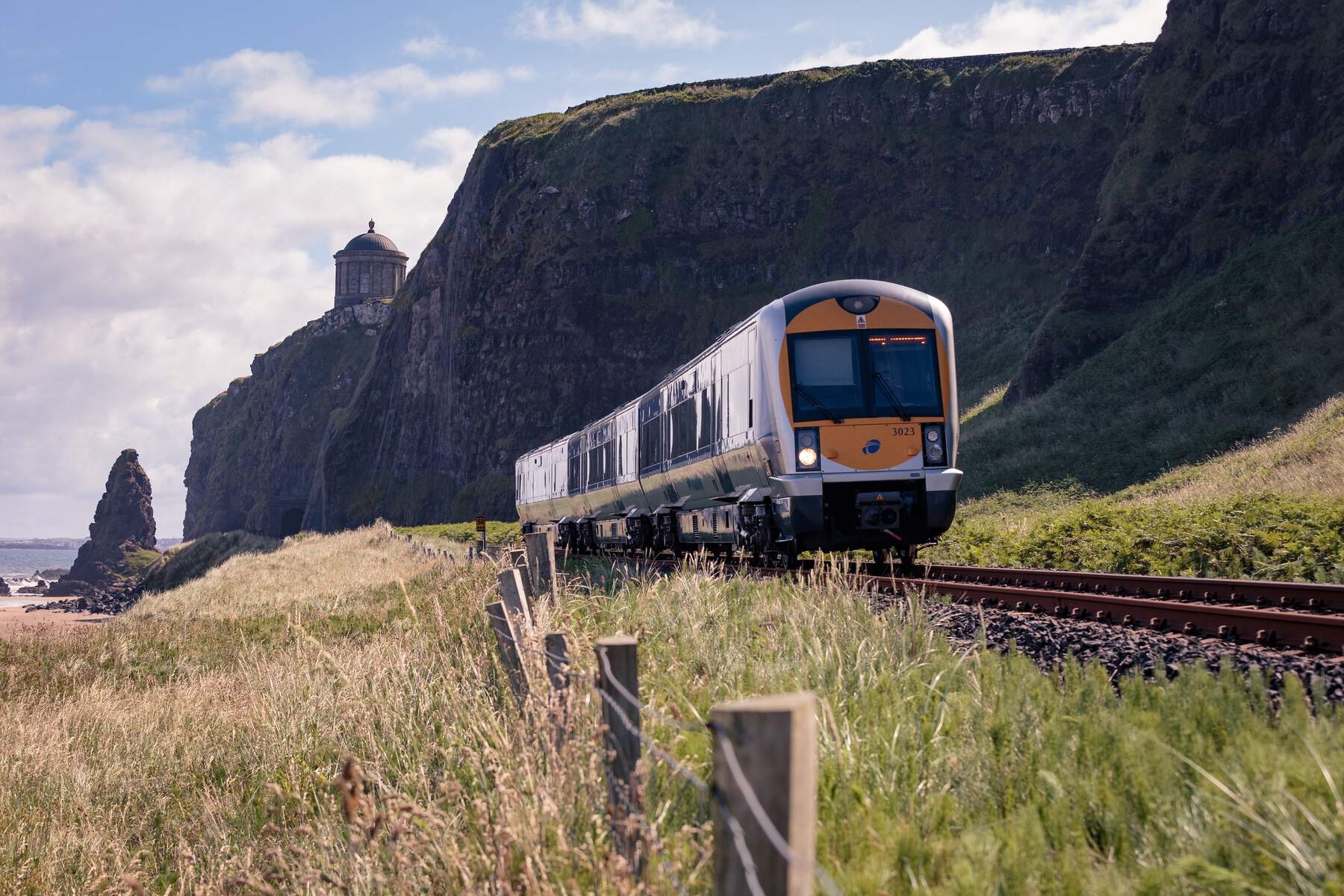
If you like scenic train journeys, you’re in for a treat. Not only is the short stretch of train line between Coleraine and Derry~Londonderry staggeringly beautiful but it’s also one of the greatest rail journeys in the world, according to travel expert Michael Palin. The stunning sights come thick and fast along this route, from gorgeous river views to must-see stunners such as Mussenden Temple, Benone Strand and Binevenagh Mountain. Sit back and savour the sights – we promise, as soon as it’s over, you’ll want to do it all again.
Derry~Londonderry
Derry~Londonderry

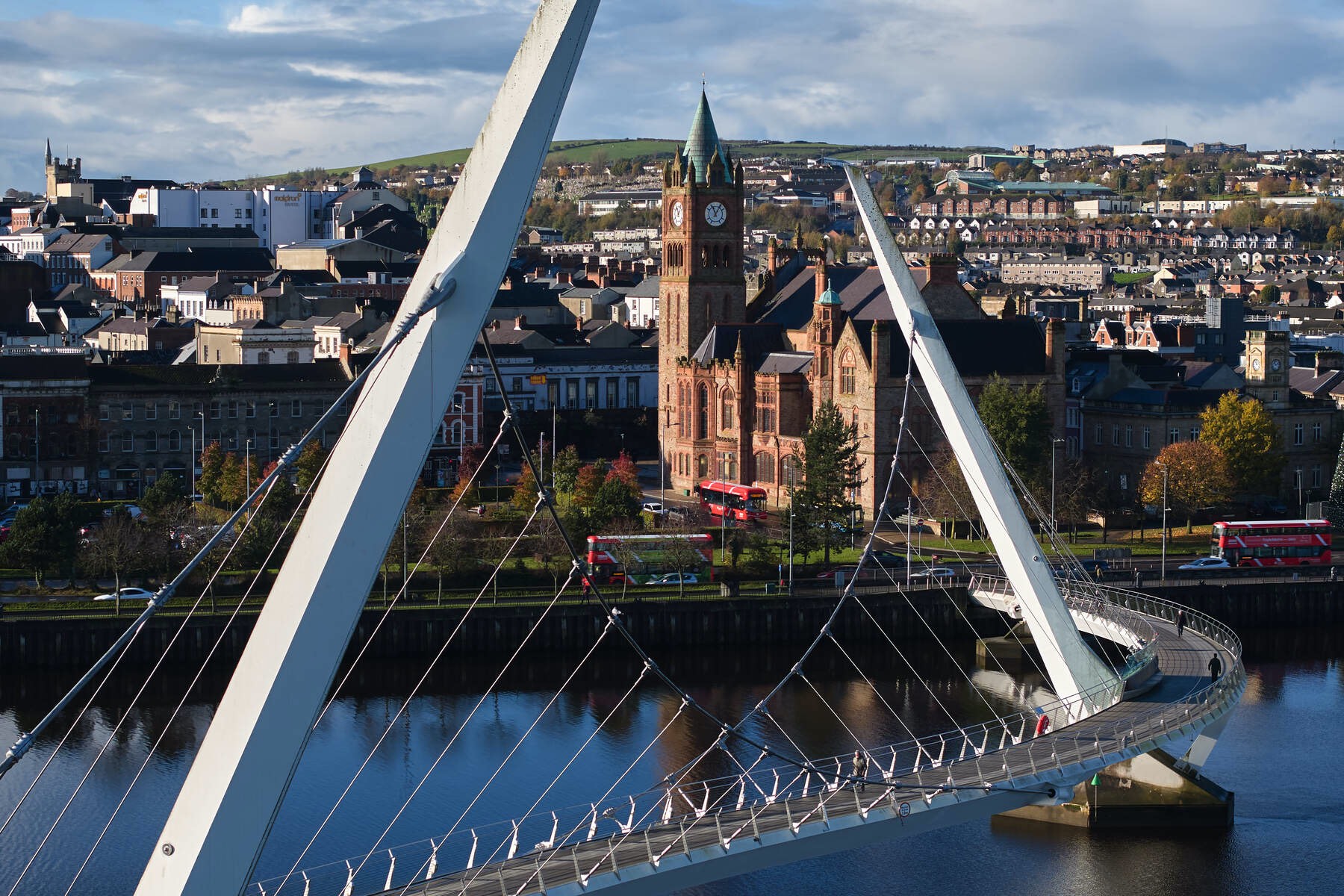
Derry~Londonderry is a city that’s big on charm, packed with character and filled with history. Kick things off with a visit to the Tower Museum, which hosts two permanent exhibitions – The Story of Derry and An Armada Shipwreck. Derry Girls fans will also enjoy the Derry Girls Experience, which has its home here.
Afterwards, take a stroll around the 17th century city walls, which form a walkway around the inner city. The 19th-century Guildhall is one of the city’s most stunning historic landmarks, while you’ll find a modern city to Derry-Londonderry as you walk across the nearby Peace Bridge, a symbol of peace that connects two sides of the River Foyle. Finally, get a taste of a traditional music session as well as the city’s famous nightlife at Peadar O’Donnell’s or Tracy’s.

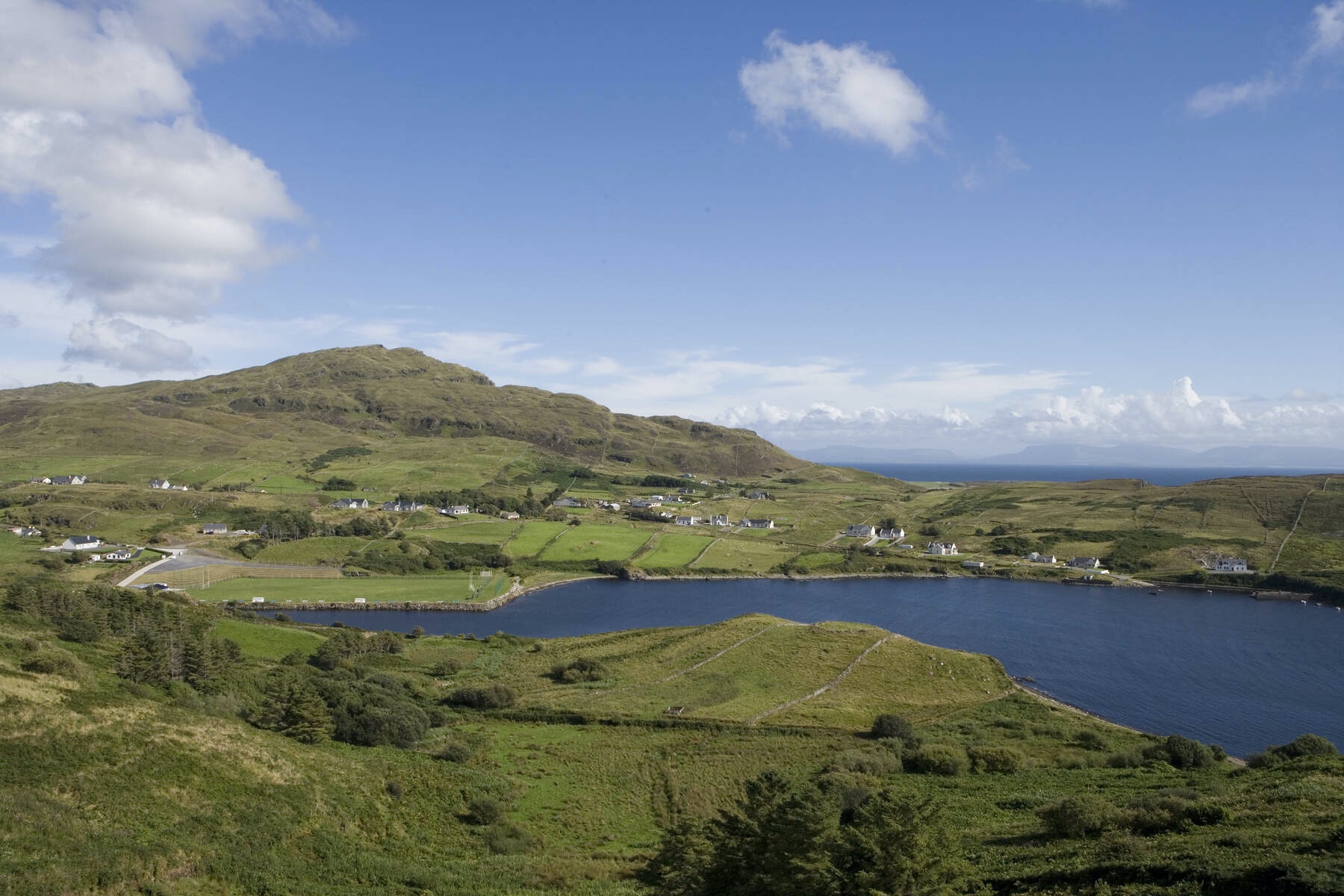
Day 5
It's time to leave lively Derry~Londonderry behind for the wild wonders of County Donegal.
Explore Day 5Derry~Londonderry to Killybegs
Killybegs, County Donegal

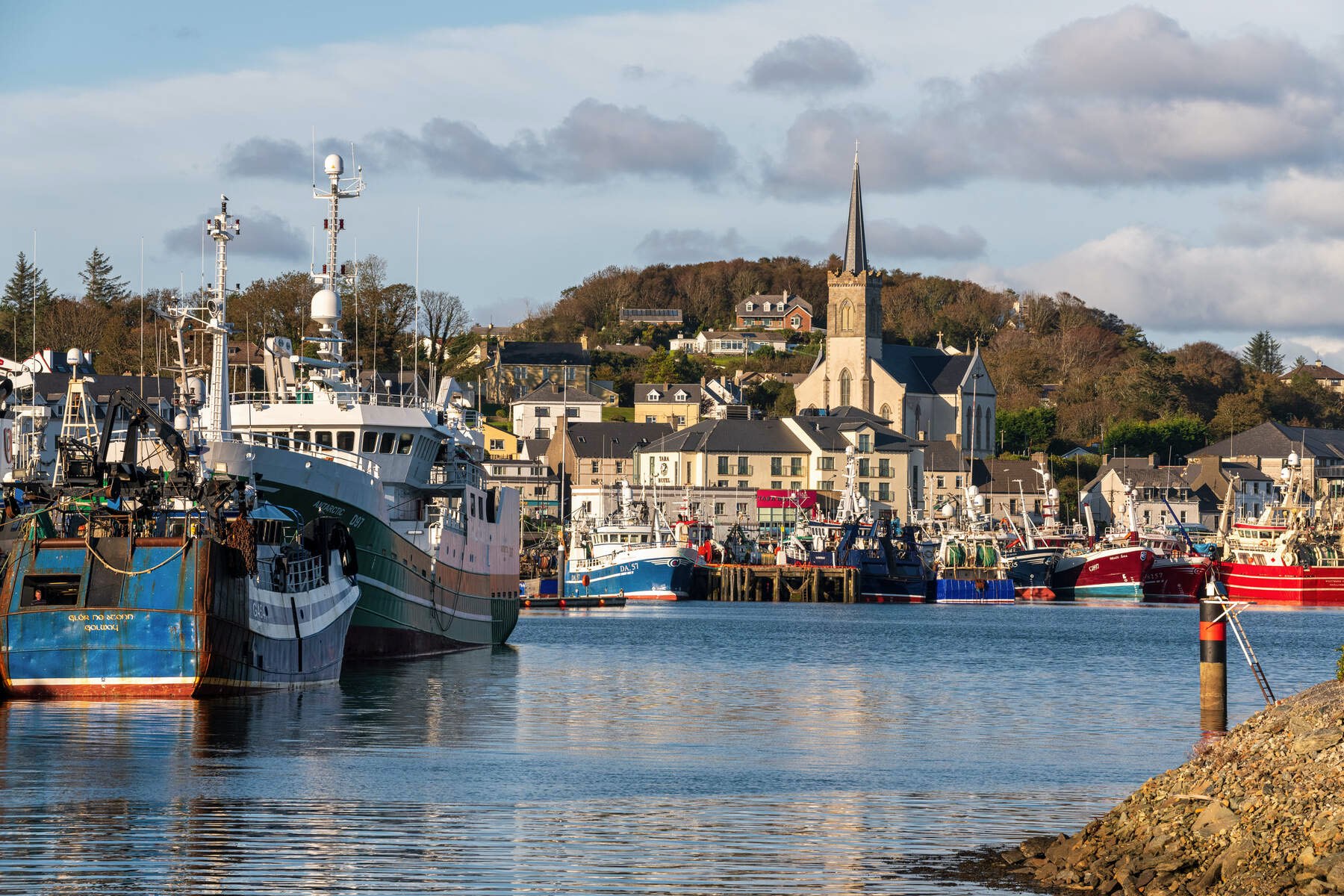
If you’re not in too much of a hurry, we’d recommend staying a few days to enjoy all that Derry~Londonderry has to offer, but next on our itinerary is the scenic Donegal fishing town of Killybegs. Depending on the time of day you are travelling, there are a few ways to get from Derry~Londonderry to Killybegs, all of which require just one change. One option is to take the number 480 bus from the Foyle Street Bus Station to the Donegal Abbey Hotel, where you join the 293 bus to Killybegs. It’s a super-scenic route that’ll bring you by mountains and bogland as you weave across the spectacular Donegal landscape, one of the wildest places in Ireland.
Killybegs
Slieve League Cliffs, County Donegal

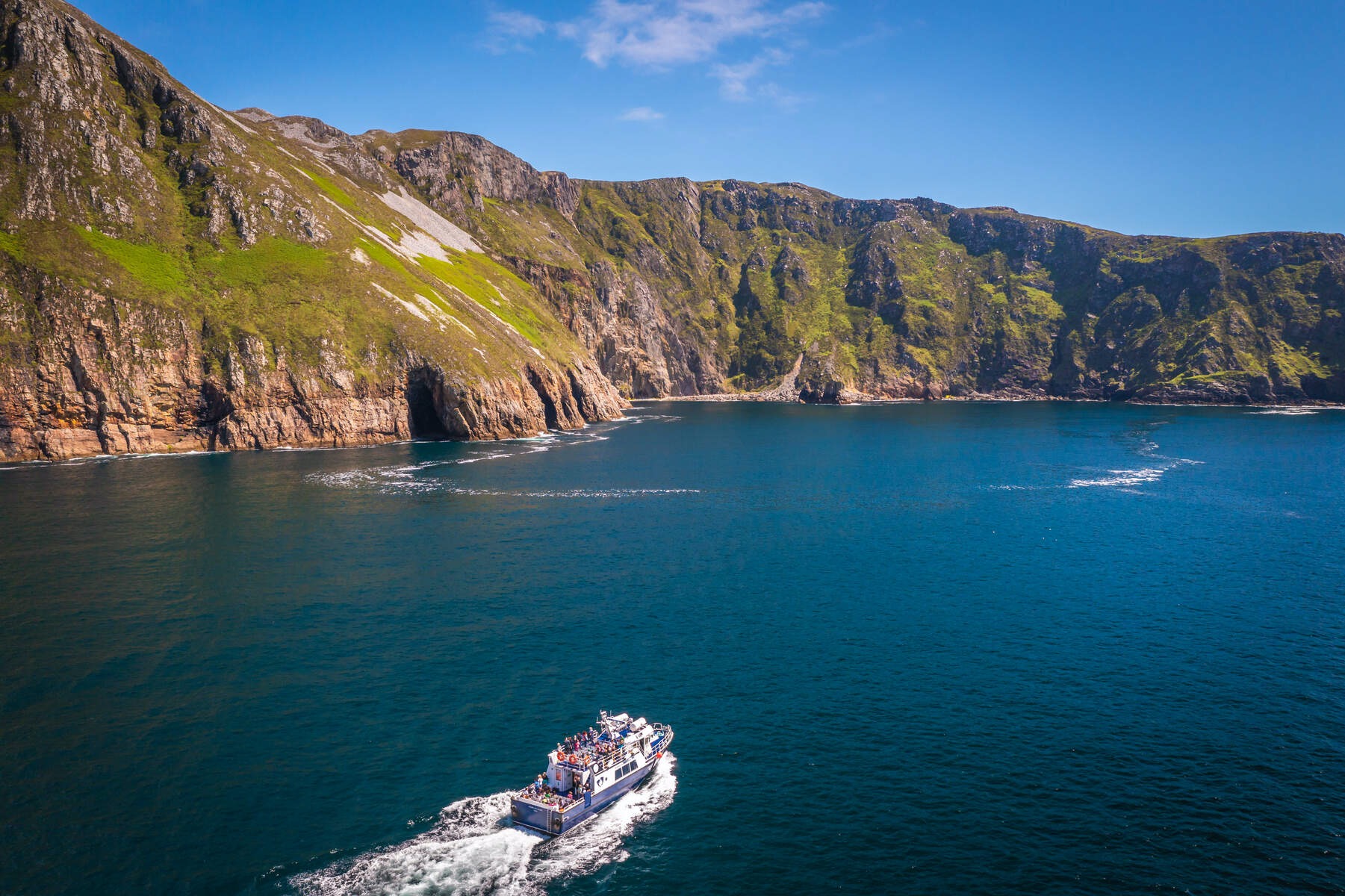
Killybegs is a lively fishing town – and one of the most enjoyable things to do is to grab some fish and chips and watch the fishing boats come and go in and out of the harbour. If you’d like something a little livelier, take a boat trip with Atlantic Coastal Cruises out to the spectacular and mighty Slieve League Cliffs, which are among the highest accessible sea cliffs in Europe. These towering precipices look incredible from the water, and you never know, you might even see dolphins and seals along the way.
A good option for the night in Killybegs is the Tara Hotel Killybegs, and for a delicious seafood dinner, don’t miss Anderson’s Boathouse restaurant, overlooking the marina.

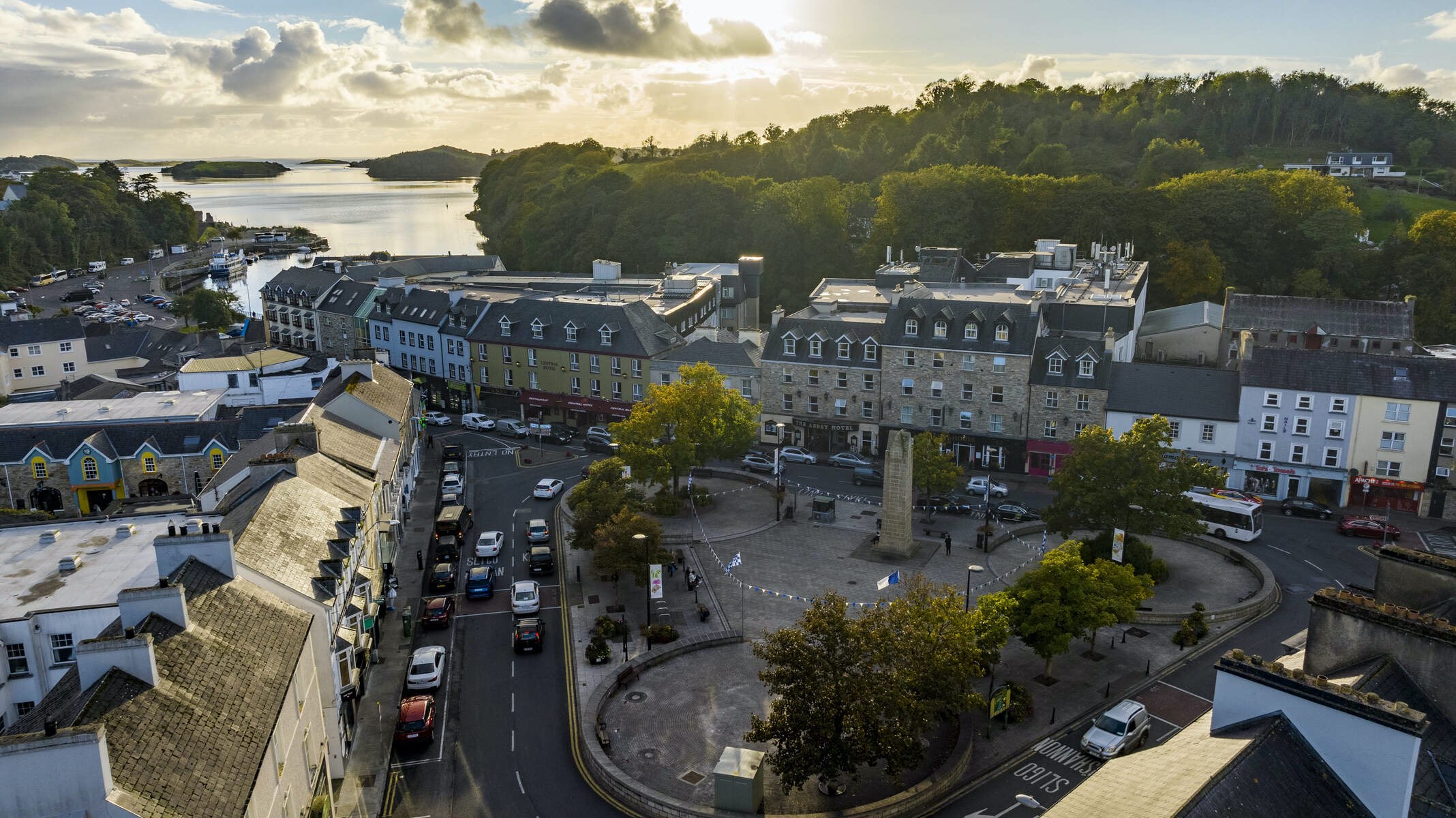
Day 6
The county towns of both Donegal and Sligo are calling on the final day of your car-free adventure.
Explore Day 6Killybegs to Donegal town
Donegal Castle, County Donegal

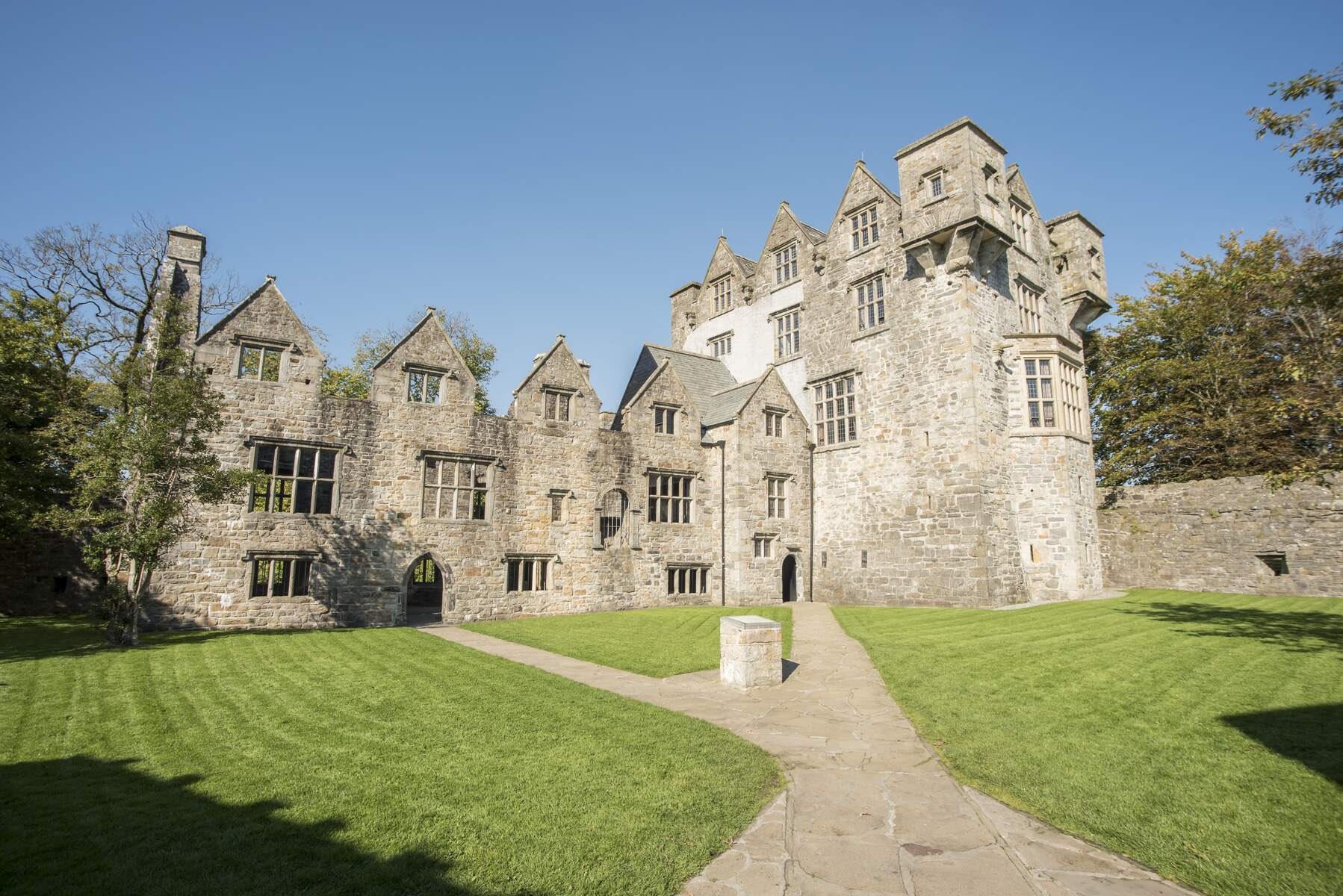
You can jump on a bus (the 293, the 490 or the 492) to get to Donegal Town in less than an hour from Killybegs. Situated on the River Eske at the mouth of the beautifully scenic Donegal Bay, the town is a good place to pause and soak up the vibes.
Visit Donegal Castle, built by Red Hugh O’Donnell in the 15th century as his fortress. It’s is one of Ireland’s loveliest Gaelic castles and was restored in the 1990s. If you need refreshments after that, take the short walk over to the Olde Castle Seafood Bar, where you can feast on some fine seafood dishes, including a seafood platter, a Killybegs seafood pie and homemade fishcakes. At the Donegal Abbey Hotel, jump on the Expressway 64 bus towards Galway and after about one hour and 10 minutes, you’ll be in Sligo town.
Sligo town
Sligo Abbey, County Sligo

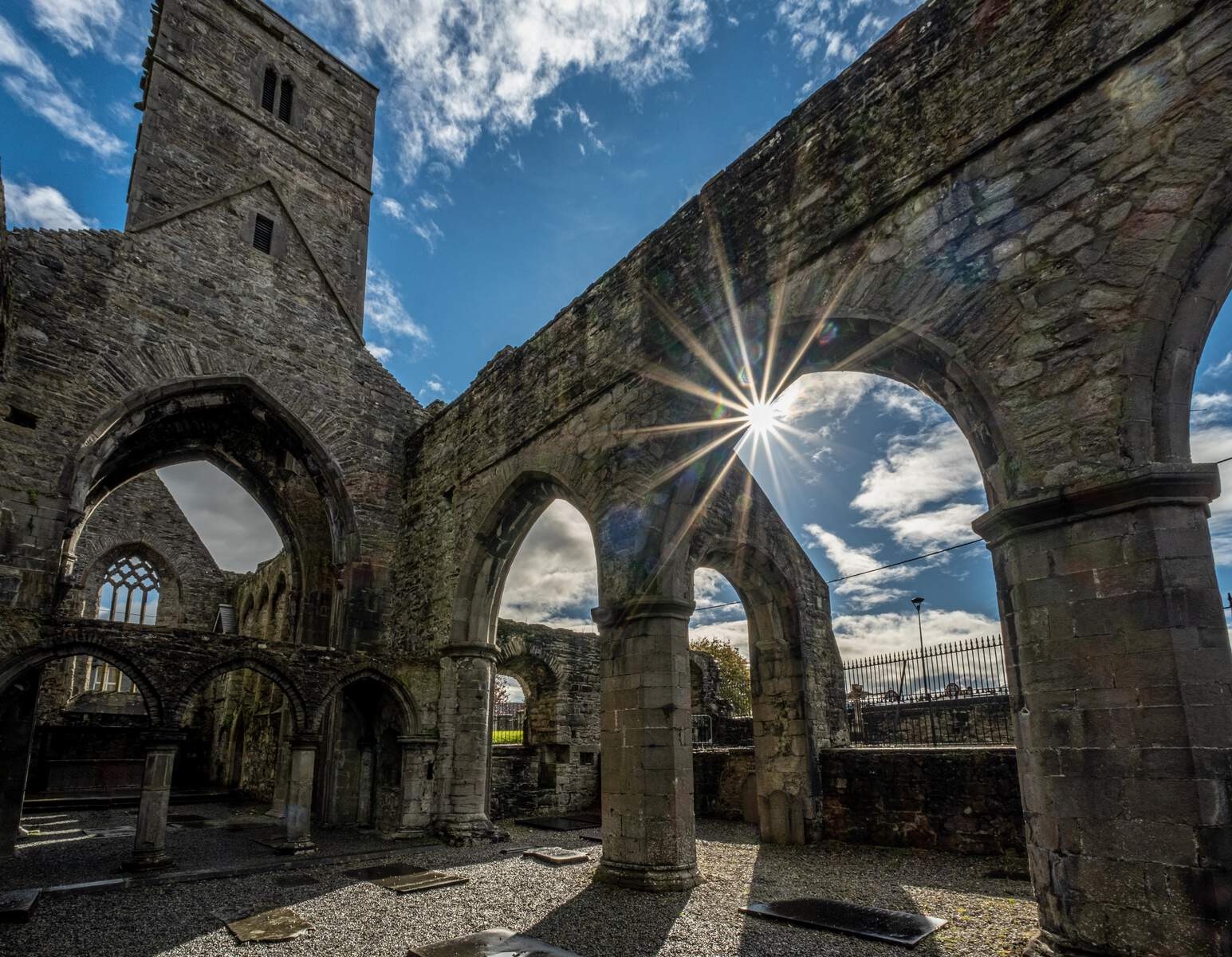
Sligo town is your final destination, but it’s worth the wait. We’d recommend staying around a few days to explore the best of what the county has to offer, from the rugged tabletop mountain of Ben Bulben to spectacular Streedagh Beach, where the hit TV show Normal People was filmed. The town itself is a buzzing destination with a perfect mix of great pubs (put Hargadon’s on your list), excellent restaurants (make a date for dinner at Eala Bhàn) and culture (the Niland Collection at The Model shouldn’t be missed).
In the centre of town, you’ll find Sligo Abbey, which dates to the mid-13th century and is worth a visit. End your trip with a walking tour with the Yeats Society Sligo, who will bring you on a literary jaunt around town and tell you all about how one of Ireland’s greatest poets was inspired by Sligo. It’s a wonderful way to finish up an inspirational trip.





